Breaking
- MENU
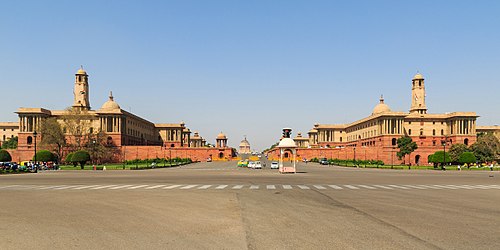
BILATERAL ISSUES
IRAN
External Affairs Minister’s meeting with Iranian Foreign Minister, New Delhi, 28 May 2018.
External Affairs Minister met the Minister of Foreign Affairs of Iran, Mr. Javad Zarif today. They, inter alia, discussed bilateral, regional and international issues of mutual interest.
The two sides positively assessed the implementation of decisions taken during the visit of President Rouhani to India. These included bilateral cooperation in the areas of connectivity, energy, trade and promotion of people to people contacts.
FM Zarif briefed about the discussions that Iran has undertaken with parties to the Joint Comprehensive Plan of Action following the US decision to withdraw from the Agreement. EAM conveyed that all parties to the Agreement should engage constructively for peaceful resolution of the issues that have arisen with respect to the Agreement.
The other members of the delegation accompanying FM Zarif had separate meetings with their counterparts earlier in the day where they discussed measures for practical cooperation between the two sides. Source: Ministry of External Affair (MEA)
IRAQ
Exemption the condition of bringing bodies of deceased Indian nationals to Baghdad, Baghdad, 21 May 2018.
With the consistent efforts and regular follow up by this Embassy, the Government of Iraq has exempted the condition of bringing bodies of deceased Indian nationals to Baghdad for autopsy purpose who die in any part of Iraq and their relatives wish to bury the deceased in Iraq. The autopsy of such body would now be carried out in the respective Governorates of Iraq. This applies from immediate effect. In cases where the dead bodies are to be sent to India or any other place outside Iraq, it would be required to bring the same to Forensic Department in Baghdad for autopsy as per the existing practice. Source: Embassy of India, Baghdad
MOROCCO
Speech by Shri M.J. Akbar, Hon’ble Minister of State for External Affairs, on the occasion of joint inauguration of Centre for Excellence in IT (CEIT), Casablanca, Morocco, New Delhi, 07 May 2018.
For six decades, India and Morocco have offered an outstanding example of fraternity between the people, friendship between governments, partnership between economic verticals and amity in their desire for world peace and rising prosperity. Since His Majesty King Mohammed VI’s visit to India in October 2015, our relations have become even more vibrant and productive. The challenge now is to find the key that will unlock an even better future. Technology is one such key.
IT contains a vital difference between other seminal inventions of the past, whether the wheel to electricity to printing press to automobile or indeed the paper clip. IT is one invention that keeps reinventing itself. To stand still is to retreat. Our challenge, as governments responsive to the needs of people, and particularly of the young, is two-fold. First, how can we use this technology to reinvent government as a platform of efficient and incorruptible services. Second : how can we create an ecosystem by which our people and our nations can be in the vanguard of innovation in this fast-changing environment. The private sector has already done miracles. Can government be the engine of the next miracle in IT?
Prime Minister Modi’s Digital India Programme focuses on achievement of a digitally empowered knowledge economy and a National e-Governance Plan. There are 9 thrust areas: Broadband Highways, Universal Access to Mobile Connectivity, Public Internet Access Programme, e-Governance: Reforming Government through Technology, e-Kranti - Electronic Delivery of Services, Information for All, Electronics Manufacturing, IT for Jobs. Through IT, smart Start-ups and incubators have revolutionized careers and job options in India. We can share and will share this experiences through many projects: ITEC, CDAC, and perhaps most of all through CEIT (Centre for Excellence in IT). The efforts of stalwarts like Dr. Hemant Darbari and Ashwin Borkar will take our engagement forward in quantum leaps.
The institutional mechanisms of Joint Working Groups are meeting regularly to explore areas of cooperation and a roadmap for their implementation. High-level political exchanges between the two countries have intensified with New Delhi having had the privilege of hosting no less than five Ministers including yourself from Morocco. On our part, since COP-22, we have had four of my distinguished colleagues from Ministries of Environment and Forests, Commerce and Industry, Law and Justice visited your beautiful and ancient country.
Today, through this auspicious inauguration of CEIT, the Government and the people of India renew their commitment to walk the path of peace and prosperity with the Government and the people of Morocco. I express my deep appreciation to you, Excellency, for your personal role in our joint endeavour to bring the fruits of development to our people through this project.
I also felicitate you and all the distinguished colleagues of both Governments who have worked tirelessly towards the realization of this project and the arrangement for this inauguration befitting the character and mandate of CEIT. I wish the CEIT the very best for its future endeavours and the best of opportunities for CEIT’s students. Source: Ministry of External Affairs (MEA)
Cabinet approves MoU between India and Morocco in the legal field, New Delhi, 16 May 2018.
The Union Cabinet chaired by chaired by Prime Minister Shri Narendra Modi has given its ex-post facto approval for signing of the MoU for cooperation in the legal field between India and Morocco, in order to share their experience and expertise in the field of law and legislation
The MoU will give an opportunity to the Lawyers, Law Officers and law students to discuss issues in the field of law and justice in seminars, symposiums and workshops arranged by authorities of India and Morocco. Source: Press Information Bureau (PIB)
Cabinet approves MoU between India and Morocco in the field of Mining and Geology, New Delhi, 16 May 2018.
The Union Cabinet chaired by Prime Minister Shri Narendra Modi has given its ex post facto approval to the signing of MoU between India and Morocco in the field of mining and geology. The agreement was signed on 11.4.2018 in New Delhi between the Moroccan Ministry of Energy, Mines and Sustainable development and the Ministry of Mines, Govt. of India.
The MoU will provide an institutional mechanism between India and Morocco for cooperation in the field of geology and mining. This cooperation will be mutually beneficial on economic, social and environmental fields in both countries.
The MoU aims to strengthen cooperation between India and Morocco in the field of mining and geology. The activities involved in the cooperation viz. development of geological infrastructure, promotion of mining and geology, training programs and establishment of geological data bank would serve the objective of innovation. Source: Press Information Bureau (PIB)
Cabinet approves MoU between India and Morocco on India-Morocco cooperation in Renewable Energy, New Delhi, 23 May 2018.
The Union Cabinet chaired by Prime Minister Shri Narendra Modi has given its ex-post facto approval for the Memorandum of Understanding (MoU) between India and Morocco on India-Morocco Cooperation in Renewable Energy. The MoU was signed on 10th April, 2018 in New Delhi.
Both sides aim to establish the basis for a cooperative institutional relationship to encourage and promote technical bilateral cooperation on new and renewable energy issues on the basis of mutual benefit, equality and reciprocity. The MoU envisages establishing a Joint Working Committee to review, monitor and discuss matters relation to areas of cooperation. The MoU aims for exchange of expertise and networking of information.
The MoU will help in strengthening bilateral cooperation between the two countries. Source: Press Information Bureau (PIB)
OMAN
India Embassy traces the Journey of Indian Women through the Ages, Muscat, 15 May 2018.
As a part of its year-long celebration of 70 years of Independence of India, which commenced in August 2017 and will conclude in August 2018, the Indian Embassy, Muscat, organized a Cultural Show to present ‘Glimpses of Indian Women Through the Ages’ at the Embassy premises on 13th May 2018, which was attended by 120 prominent Omani women and women from diplomatic corps and Indian and other expatriate communities. The Cultural Show was organized by wife of Ambassador of India in collaboration with a number of accomplished women from Indian community, led by Mrs. Madhulika Gupta and Mrs. Seema Choudhery, who worked imaginatively and tirelessly to present the mesmerizing Show.
Indian Embassy in Muscat has been organizing a series of cultural, economic and community events as part of celebration of 70 years of India’s Independence, including dance and music performances, essay and quiz competitions, exhibition of paintings, seminars and workshops with a view to highlight the journey of India as a nation since its Independence in 1947. Indians have also resolved to build by August 2022, when India will celebrate 75 years of independence and freedom, a New India, which will be clean and free of corruption, poverty, terrorism, communalism, and casteism.
There is a divergence in perception of the status of Indian women among the people in Oman, including among the expatriate communities, which is based on stereotypical presentations of Indian women in media and lack of information about the revolutionary changes in the status of Indian women which have taken place since independence. The Embassy, therefore, took the initiative of presenting a balanced, nuanced and accurate picture of the status of Indian women, as evolved over 5000 years of India’s history.
The status and position of women in India has continued to evolve through Ages which was the theme of the comprehensive presentation made during the Show. It traced evolution in status of Women from Indus Valley Civilization through Vedic and Post-Vedic period, medieval period, and British colonial rule to post-independence era. While women enjoyed during the ancient age in India a high status in society and participated in all spheres of activities, at par with men, there was a gradual decline in their status and role and during the medieval period the role of women was increasingly restricted. Well-known classical play, Abhigyan Shakuntalam, written by famous poet Kalidasa, was enacted to depict the status of women during the Vedic period, when they wrote religious hymns, participated in philosophical debates, chose their husbands and engaged in other social, economic and religious activities, at par with men.
With gradual social awakening and reforms, advocated by religious and social reform movements, which began in 18th and 19th centuries in India and which campaigned for better position of women in society, the status of women in India began to change. During post-Independence period, supported by constitutional, political, legal and economic measures, adopted by the Government, aimed at guaranteeing equal status and opportunities for women, there have been revolutionary changes in the status of women in India. Today, women in India enjoy status equal to men in every aspect and they have been equally successful as men as soldiers, sportspersons, scientists, professionals and businesspersons, though there are aberrations and exceptions.
It was highlighted by Mrs. Sushma Pandey, wife of Ambassador, that in India, with a large population of 1.3 billion, it is natural that there are divergences in the status of women which may vary from family to family, region to region and one strata of the society to other. This is true as much now as it was during the ancient and medieval periods. Even during the medieval period, countless women played leading roles in battlefields, governance, politics, and social and economic activities. This was highlighted through presentations on lives and achievements of a few accomplished women like Razia Sultan, Ahilya Bai Holkar, Rani Rudrama Devi, Mira Bai, Joymoti and Rani Laxmi Bai, who carved a name for themselves in Indian History. These presentations were accompanied by music and dances from the regions to which they belonged.
Mrs. Sushma Pandey underlined the fact that the Indian Government has taken a number of steps to ensure that women enjoy a status equal to men and there is no discrimination on the ground of gender. She spoke in particular about the Government’s flagship Scheme Beti Padhao, Beti Bachao ‘Educate your daughter, protect your daughter’, stressing that empowering a girl not only empowers a family and the society at large but also the nation and the world. She noted that the equal status of women today in India is self-evident in fact that both the Foreign Minister and Defence Minister of India are women. She stressed that India has, since her independence, experienced revolutionary changes in social, religious, cultural, political and economic spheres and Indian society has overwhelmingly accepted and assimilated these changes though, as natural, there are pockets of resistance; they are exceptions, not norms. Source: Embassy of India, Muscat
Indian Opens Doors of its 83 Premier Educational Institution for Omani Students with Launch of Centralized Admission Portal for ‘Studying in India’, Muscat, 16 May 2018.
With a network of around 800 universities and 3800 colleges, India’s higher education system is among the largest in the world. A number of higher education institutions like Indian Institutes of Technologies (IITs), Indian Institutes of Management (IIMs) and Medical Colleges are known worldwide for their top quality education at affordable cost. People of Oman are familiar with India, its culture and its people. India and Oman are geographically close and are well connected. There are 250 flights every week between India and Oman, connecting Muscat with 12 cities of India directly and hundreds more indirectly. India, therefore, presents a destination of choice for Omani youth for their higher studies.
Choosing a premier educational institute in India for study and applying for admission has been simplified like never before with launch of a centralized admission portal www.studyindia.gov.in, wherein Omani students, can choose from over 15,000 seats available in various disciplines in 83 premier educational institutions in India and apply for admission to the institutions and courses of their choice.
Omani students can apply, without the need to pay any fee, in over 83 premier educational institutions giving their choices. An algorithm in the portal will rank the applicants based on their merit and allocate seats based on their choices. These educational institutes have also committed to provide scholarships (varying from 100% to 25% depending on the merit of the student) to more than half of the foreign students.
The centralized admission portal www.studyindia.gov.in also provides comprehensive information on eligibility requirements, fee structure, visa requirements, places of stay, cost of living near the Institute, culture of India, places for travel and experiences shared by foreign students who have studied in India. Source: Embassy of India, Muscat
PALESTINE
Press release on situation in Gaza, New Delhi, 16 May 2018.
India is deeply concerned with continuing tensions on the border between Gaza strip and Israel where more than 50 Palestinian nationals lost their lives and thousands injured on 14th of May. We are deeply saddened by the loss of lives. We urge all sides to avoid escalation of the situation so as to create a conducive atmosphere to resume the peace process. Source: Ministry of External Affairs (MEA)
TURKEY
Cabinet approves MoU between India and Turkey on trade in poppy seeds to ensure quick and transparent processing for import of poppy seeds from Turkey, New Delhi, 23 May 2018.
The Union Cabinet chaired by Prime Minister Shri Narendra Modi has approved the signing of a Memorandum of Understanding (MoU) between India and Turkey on trade in poppy seeds to ensure quick and transparent processing for import of poppy seeds from Turkey.
Details:
The MoU provides that –
Turkish Grain Board (TMO) shall maintain an online system to enable regulation of export of poppy seeds from Turkey to India. Exporting companies shall submit application through the Agean Exporters Association (EIB) (responsibility given by law) to TMO for obtaining membership of the online System.
Each year, the quantity of poppy seeds which shall be imported by India from Turkey shall be decided by Government of India in consultation with Government of Turkey taking into account the production of poppy seeds in Turkey in a crop year, balance from previous crop years and domestic or other export requirement of Republic of Turkey.
The exporting companies shall get registered with the TMO. Each sales contract entered into by the exporting company with Indian importer shall be registered with TMO through the online system referred. It shall be the responsibility of TMO not to register sales contract in excess of the quantity referred to in Para 2 above.
Taking into account the quantity as referred to in Para 2 above, every year both parties may consider to set a quantity to be imported by any Indian importer in a crop year.
The Central Bureau of Narcotics (CBN) will register the sales contract registered by TMO as per details accessed on the online system maintained by TMO in accordance with guidelines for registration laid down by Ministry of Finance, Government of India. The CBN shall upload the details of sales contract so registered by it on the online system. TMO shall allow the export in respect of only those contracts so registered by CBN.
The TMO shall provide a legal production certificate for the poppy seeds to exporters following the submission of sales contract and the completion of other necessary procedures.
The MoU will promote quick and transparent processing of quota allocation and prior authorization for poppy seeds import from Turkey. In this way genuineness of import contract can be easily ensured as well as many litigation matter resulting in delay in the import can be avoided.
The MoU will ensure continuous availability of poppy seeds in domestic market of India and ultimately Indian consumers of poppy seeds will be benefited.
Background:
Import of poppy seeds from Turkey got withheld due to litigation resulting in great hike of price of poppy seeds in domestic market of India and hoarding of the same by some importers. Various stays given by the Court and repeated adjournment of hearing graves the situation and resulted in less availability of poppy seeds in the country leading to a great problems to the consumers. To avoid such legal complication, price rise and hoarding, an alternative mechanism needs to be evolved by way of an MoU between Government of India and Government of Turkey in which real time data can be exchanged to ensure the quantity of poppy seeds imported from Turkey is genuine and legally produced in Turkey. Source: Press Information Bureau (PIB)
____________________________________
As part of the policy, the MEI@ND standardizes spellings and date format to make the text uniformly accessible and stylistically consistent. The views expressed here are those of the author and do not necessarily reflect the views/positions of the MEI@ND. Editor, MEI@ND P R Kumaraswamy
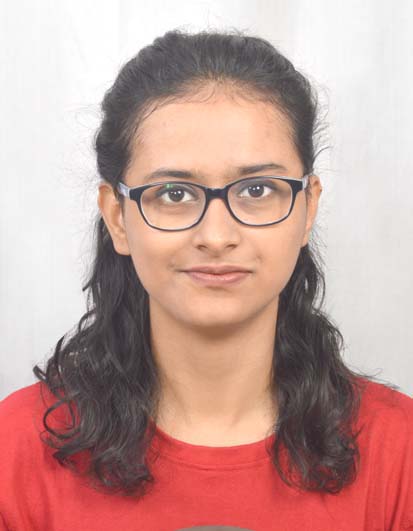
Ankita Sanyal is a doctoral candidate at Centre for West Asian Studies, Jawaharlal Nehru University, New Delhi. She worked as a summer intern at National Human Rights Commission, New Delhi in 2014 and participated in Global Initiative for Academic Networks, lecture on “Jerusalem and Abrahamic Faiths throughout the Ages” (November 2016); ICSSR-sponsored workshop on “Research Methodology Workshop in Social Sciences” (February 2019); and workshop on “Second Intensive Course on Women’s Studies in Islam and Iran” at the University of Religions and Denominations, Qom, Iran (August 2019). She currently has many publications and has presented papers in national and international conferences. She received certificate on completion of Level Two Persian Language course. Her area of interest includes minority studies, gender studies, cultural studies, education, peace and conflict studies.
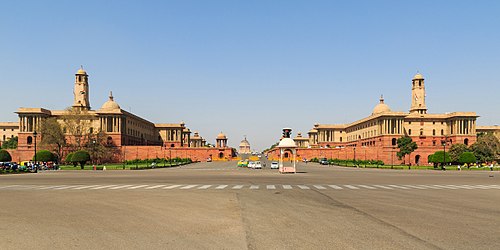
BILATERAL ISSUES BAHRAIN The CEO of LMRA highlights details on the new labour market reforms, .....
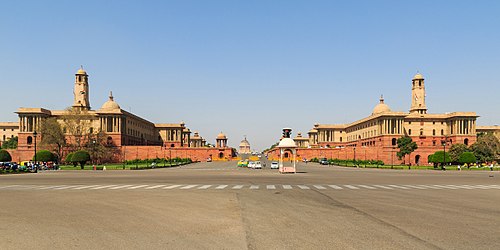
BILATERAL ISSUES EGYPT Raksha Mantri Shri Rajnath Singh to visit Egypt from September 19-20, 2.....
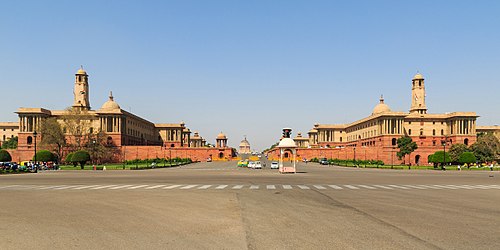
BILATERAL ISSUES IRAN Shri Sarbananda Sonowal visits Chabahar Port in Iran to Review work prog.....
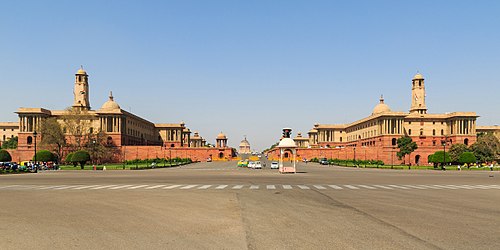
BILATERAL ISSUES BAHRAIN Deputy Chief of Naval Staff, India visits Kingdom of Bahrain, Manama,.....
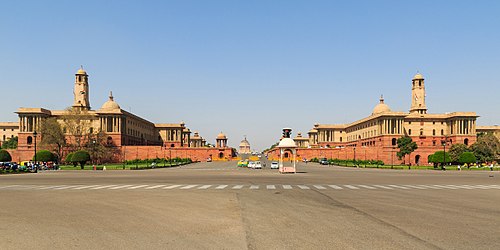
BILATERAL ISSUES BAHRAIN Buyer Seller Meet on Indian coffee between Indian exporters and Bahra.....
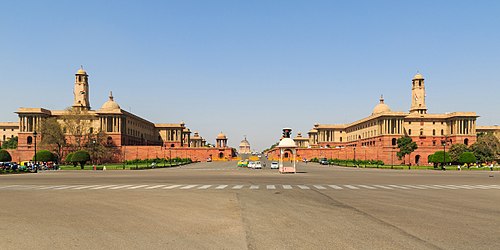
BILATERAL ISSUES BAHRAIN B2B meeting and Networking event between Bahraini & Indian IT com.....
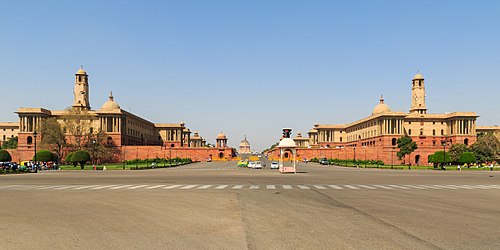
BILATERAL ISSUES OMAN Community Service Fortnight / Sewa Utsav’: ‘Celebration Thro.....
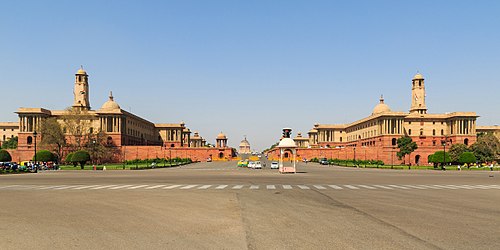
BILATERAL ISSUES BAHRAIN Virtual Buyer Seller Meet on agriculture and food products between In.....
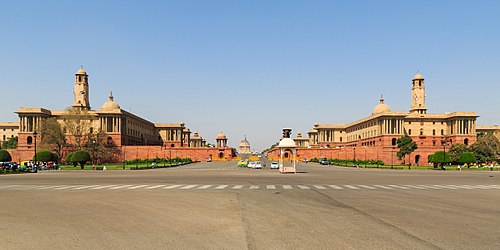
BILATERAL ISSUES BAHRAIN PM speaks on telephone with His Royal Highness Prince Salman bin Hama.....
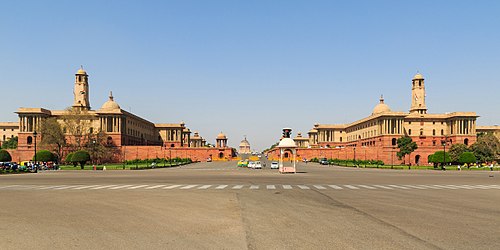
BILATERAL ISSUES ISRAEL Experts from India and Israel suggested expanding scope of India-Israe.....
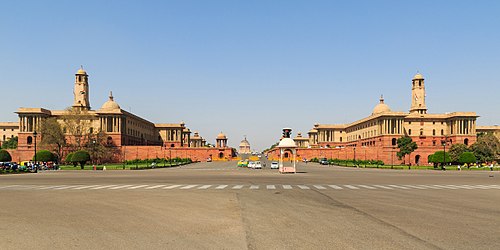
BILATERAL ISSUES BAHRAIN Press Release on virtual meeting between Minister for Education and S.....
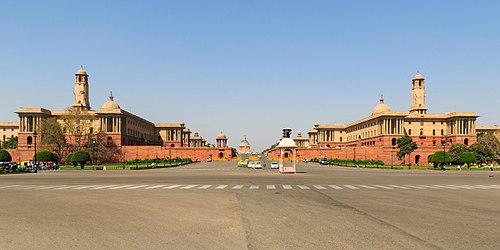
BILATERAL ISSUES BAHRAIN Ambassador’s visit to India Pavilion of Jewellery Arabia, Bahra.....
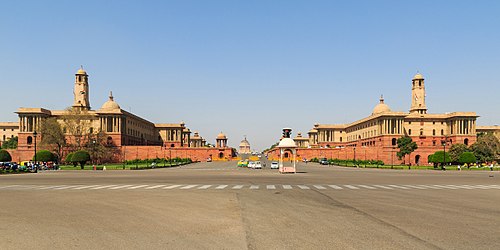
BILATERAL ISSUES BAHRAIN First consignment of GI tagged sweet dish Mihidana from West Bengal e.....
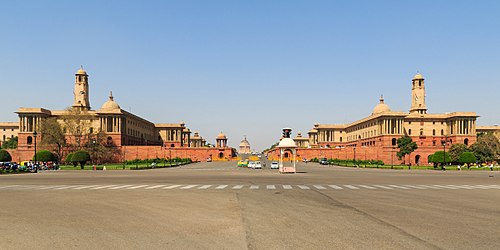
BILATERAL ISSUES ALGERIA Visit of Shri V. Muraleedharan, Minister of State for External Affair.....
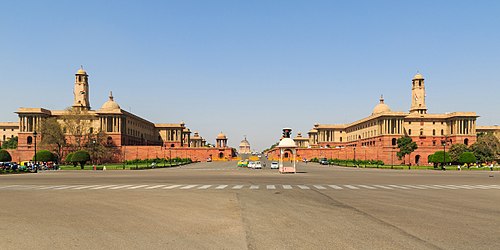
BILATERAL ISSUES ALGERIA INS TABAR undertook a bilateral Passage Exercise (PASSEX) with Algeri.....
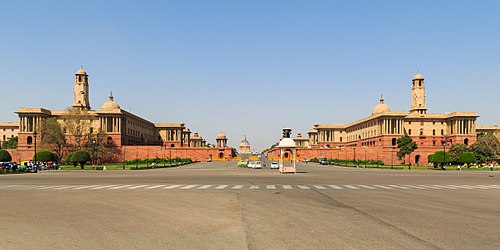
BILATERAL ISSUES BAHRAIN India expands mango export footprint to newer countries; GI certified.....
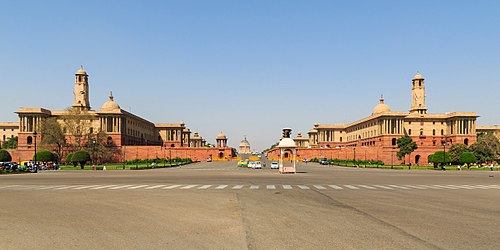
BILATERAL ISSUES ALGERIA APEDA in collaboration with Indian embassy organize virtual buyer sel.....
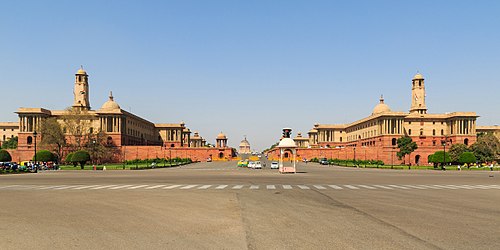
BILATERAL ISSUES EGYPT Procurement of 300,000 doses of Remdesivir from M/s EVA Pharma, Cairo, .....
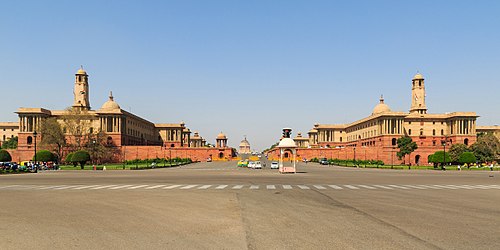
BILATERAL ISSUES BAHRAIN Third India-Bahrain High Joint Commission Meeting, New Delhi, 07 Apri.....
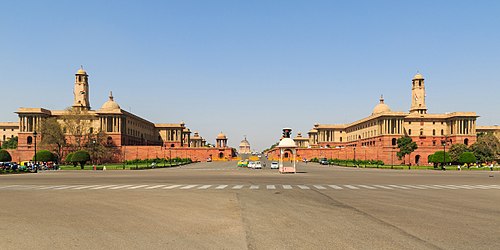
BILATERAL ISSUES BAHRAIN Indian Naval Ship Talwar’s Port Visit to Bahrain, Manama, 18 Ma.....
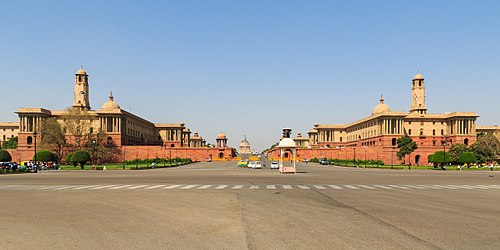
BILATERAL ISSUES IRAN Unstarred Question No.1475, Chabahar-Zaheden Railways Line, Lok Sabha, 1.....
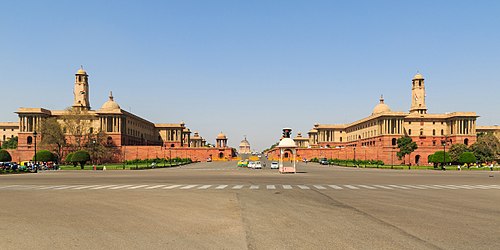
BILATERAL ISSUES IRAN Government of India strengthens cargo handling capacity of Chabahar Port.....
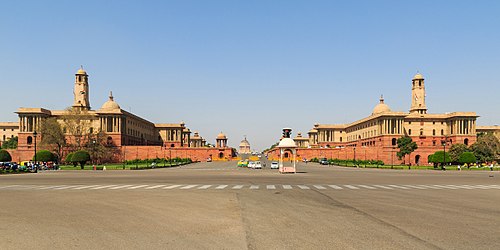
BILATERAL ISSUES BAHRAIN Warm greetings from Indian leadership on the occasion of Bahrain&rsqu.....
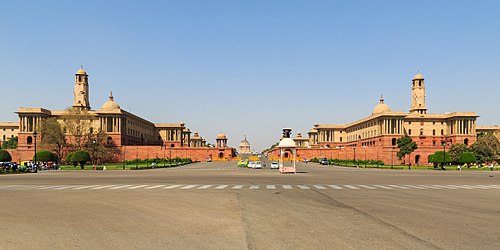
BILATERAL ISSUES BAHRAIN Prime Minister condoles the passing away of His Royal Highness Prince.....
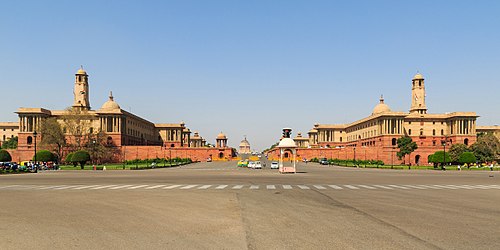
BILATERAL ISSUES BAHRAIN A B2B Webinar on Enhancing Opportunities in Pharmaceuticals and Alter.....
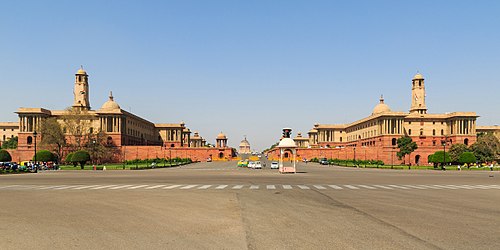
BILATERAL ISSUES IRAN Raksha Mantri Shri Rajnath Singh holds meeting with Iran's Minister .....
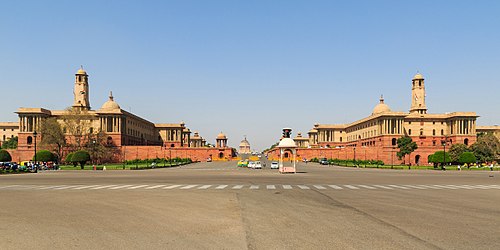
BILATERAL ISSUES ISRAEL Statement by the Official Spokesperson on the full normalisation of re.....
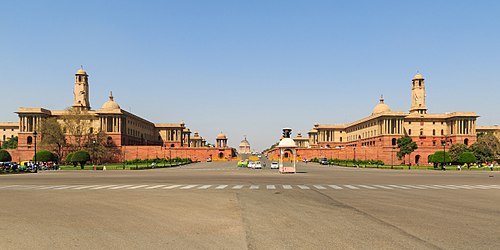
BILATERAL ISSUES ISRAEL Raksha Mantri Shri Rajnath Singh and Israeli Defence Minister telephon.....
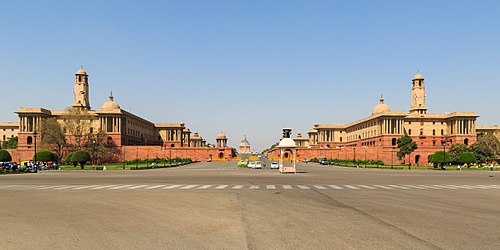
BILATERAL ISSUES IRAN Indian Navy Commences evacuation of citizens from Islamic Republic of Ir.....
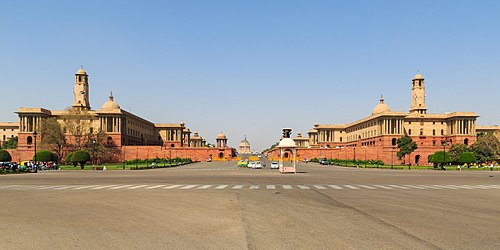
BILATERAL ISSUES EGYPT Phone call between Prime Minister Shri Narendra Modi and His Excellency.....
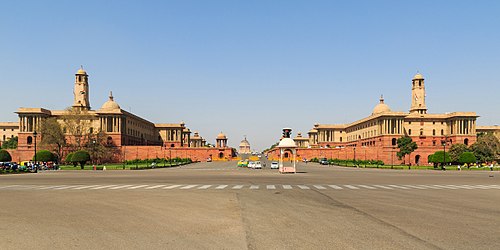
BILATERAL ISSUES BAHRAIN Telephone Conversation between PM and King of the Kingdom of Bahrain,.....
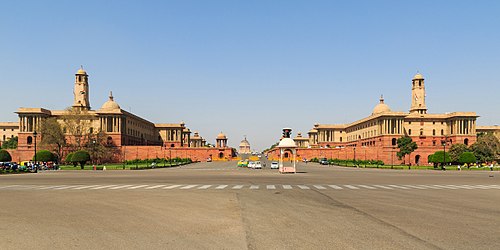
BILATERAL ISSUES IRAN IAF C-17 ‘Globemaster’ takes off for Iran, New Delhi, 9 Marc.....
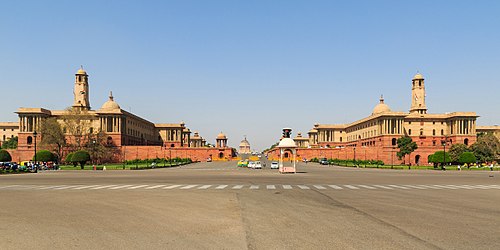
BILATERAL ISSUES IRAQ Travel Advisory for Indian Nationals travelling to Iraq, New Delhi, 19 F.....
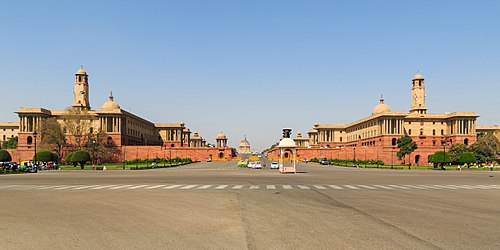
BILATERAL ISSUES EGYPT Photo exhibition on “Making of Indian Constitution and Life of Dr.....
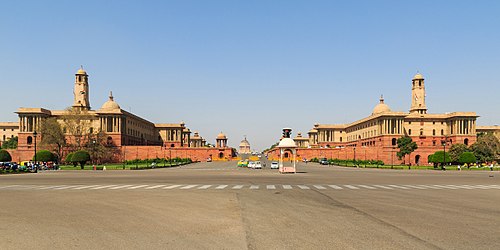
BILATERAL ISSUES EGYPT Prize Distribution Function of “Glimpses of India” Painting.....
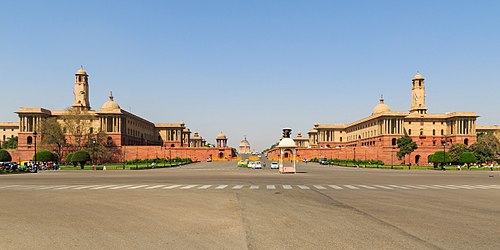
BILATERAL ISSUES EGYPT Consular Camp in Port Said on 22 November 2019, Cairo, 19 November 2019.....
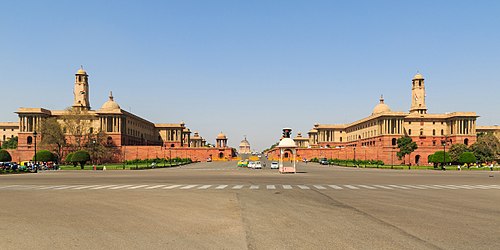
BILATERAL ISSUES JORDAN Meeting between Prime Minister and King of Jordan in Riyadh, Riyadh, 2.....
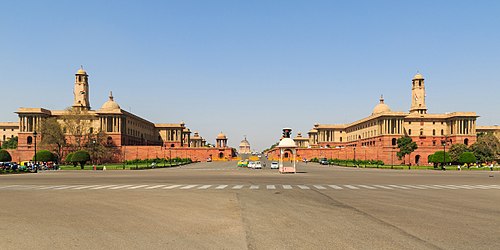
BILATERAL ISSUES a. IRAN Foreign Office Consultations between India and Iran, Tehran, 16 Septe.....
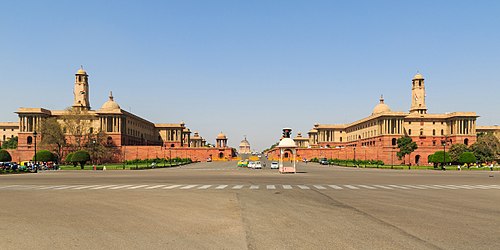
BILATERAL ISSUES a. BAHRAIN State Visits of Prime Minister to Bahrain (August 24-25, 2019), Ne.....
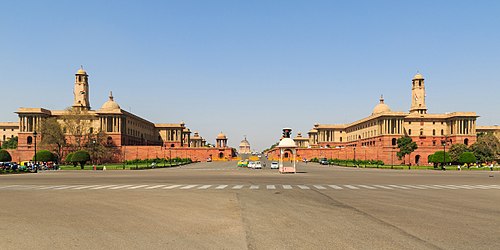
BILATERAL ISSUES BAHRAIN Cabinet approves Memorandum of Understanding between India and B.....
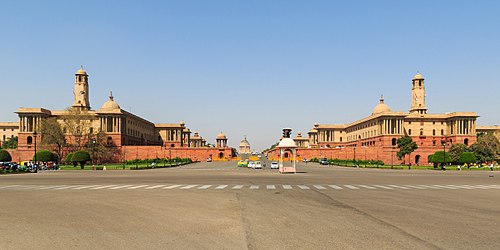
BILATERAL ISSUES IRAN UNSTARRED QUESTION No. 662 MPACT OF AMERICAN BAN ON CHABAHAR PORT, Rajya.....
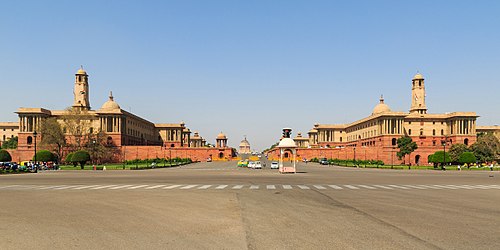
BILATERAL ISSUES IRAN 11th India Iran Joint Consular Committee Meeting (JCCM), New Delhi, 16 M.....
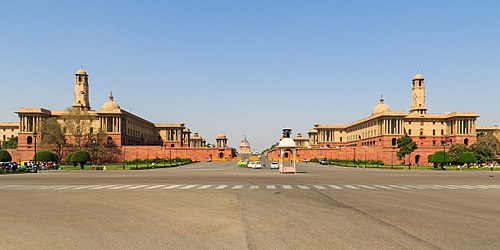
IRAN India extends relief assistance to Iran after recent floods, Tehran, 17 April 2019 In lin.....
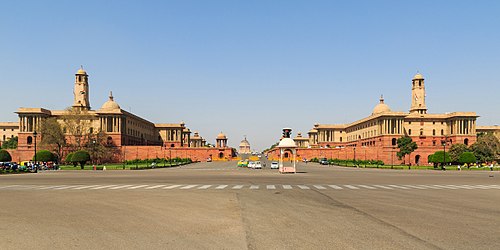
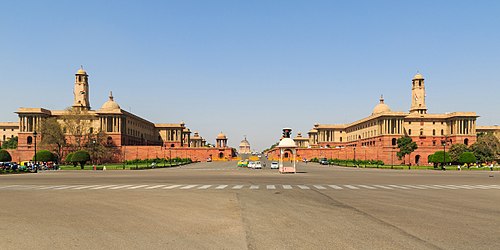
BILATERAL ISSUES EGYPT India condemns terrorist attacks in Egypt, New Delhi, 22 February 2019 .....
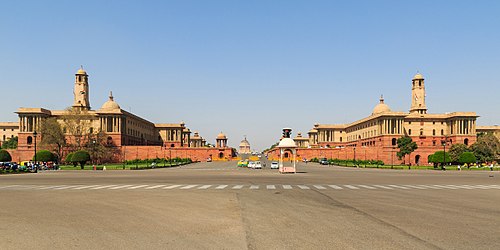
BILATERAL ISSUES ALGERIA Visit of Foreign Minister of Algeria to India (January 30-February 01.....
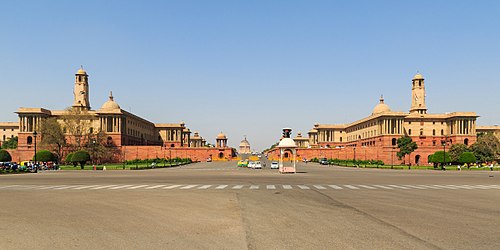
ALGERIA Cabinet approves Agreement between India and Algeria on Cooperation in the field of Space.....
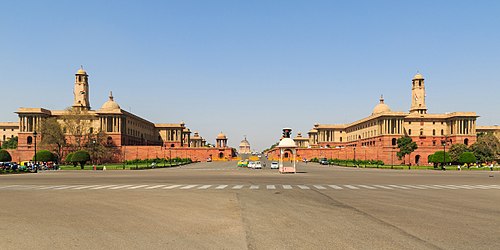
BILATERAL ISSUES IRAQ Jaipur Foot Camp in Karbala, Karbala, 21 November 2018 A 40-day Artif.....
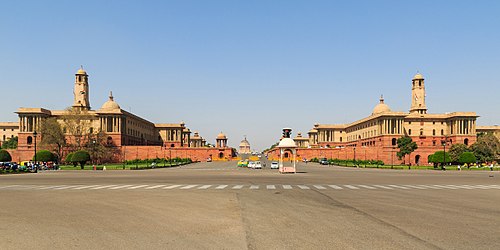
BILATERAL ISSUES KUWAIT Visit of External Affairs Minister to State of Qatar and State of Kuwa.....
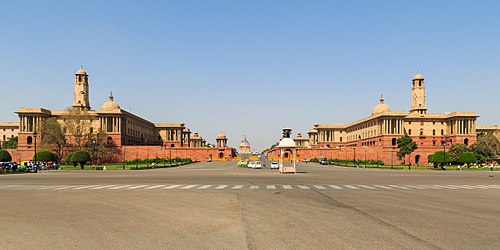
BILATERAL ISSUES EGYPT Cabinet approves MoU between India and Egypt on cooperation in the fiel.....
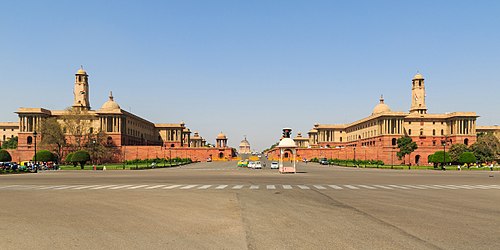
BILATERAL ISSUES BAHRAIN Question No. 3566, Unpaid Workers in Bahrain, Lok Sabha, New Delhi, 0.....
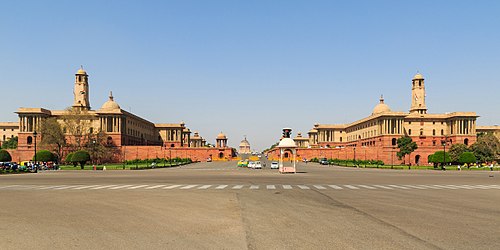
BILATERAL ISSUES BAHRAIN Visit of External Affairs Minister to Manama, Bahrain (July 14-15, 20.....
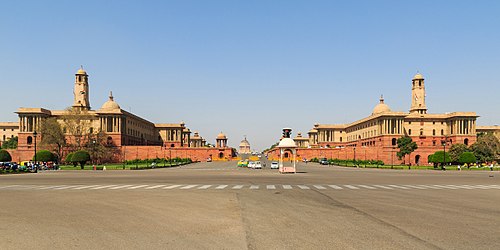
BILATERAL ISSUES BAHRAIN Cabinet approves MoU between India and Bahrain on cooperation in the .....
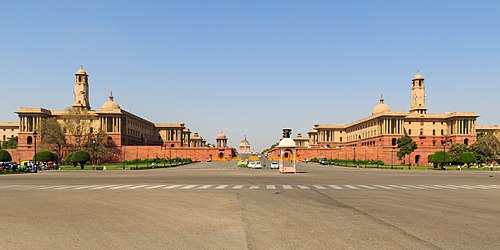
BILATERAL ISSUES IRAN Cabinet approves MoU between India and Iran on the establishment of an e.....
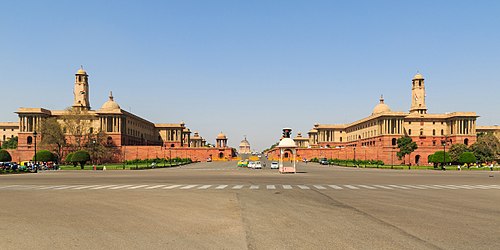
(Monthly Digest of Official Indian Statements on Middle East) BILATERAL ISSUES EGYPT Mr. Sa.....
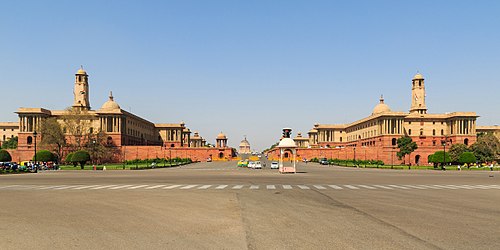
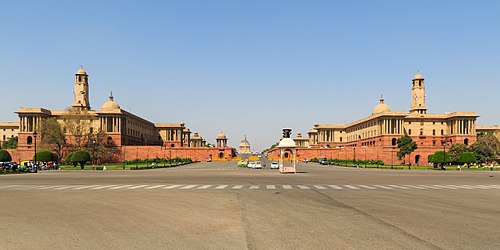
(Monthly Digest of Official Indian Statements on Middle East) BILATERAL ISSUES IRAN Launch .....
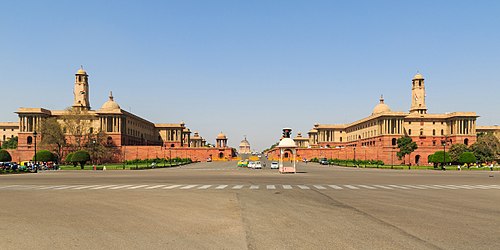
(Monthly Digest of Official Indian Statements on Middle East) BILATERAL ISSUES &.....
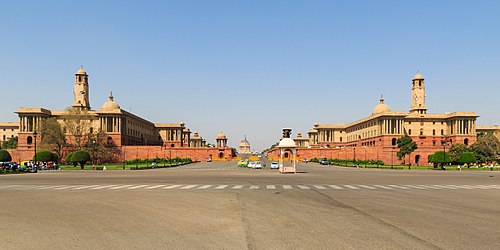
BILATERAL ISSUES a. EGYPT 1. H.E. Col. Rajyavardhan Singh Rathore, Minister of State for Youth.....
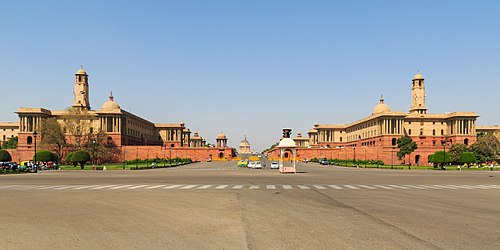
BILATERAL ISSUES a. IRAQ 1. India’s position on the Referendum held in the Kurdistan Reg.....
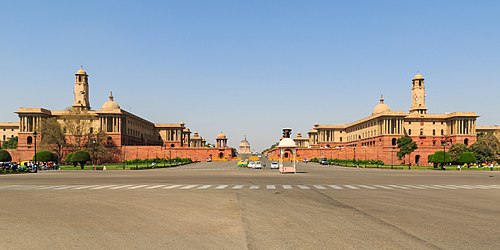
BILATERAL ISSUES IRAN 1. 6th Meeting of Joint Committee on Ports and Maritime Cooperation.....

BILATERAL ISSUES BAHRAIN Visit of External Affairs Minister to Manama, Bahrain (July 14-15, 2018), New D.....

BILATERAL ISSUES BAHRAIN Cabinet approves MoU between India and Bahrain on cooperation in the field of H.....

BILATERAL ISSUES IRAN Cabinet approves MoU between India and Iran on the establishment of an expert grou.....

(Monthly Digest of Official Indian Statements on Middle East) BILATERAL ISSUES EGYPT Mr. Sameh Hassan.....


(Monthly Digest of Official Indian Statements on Middle East) BILATERAL ISSUES IRAN Launch of Admissi.....

(Monthly Digest of Official Indian Statements on Middle East) BILATERAL ISSUES .....
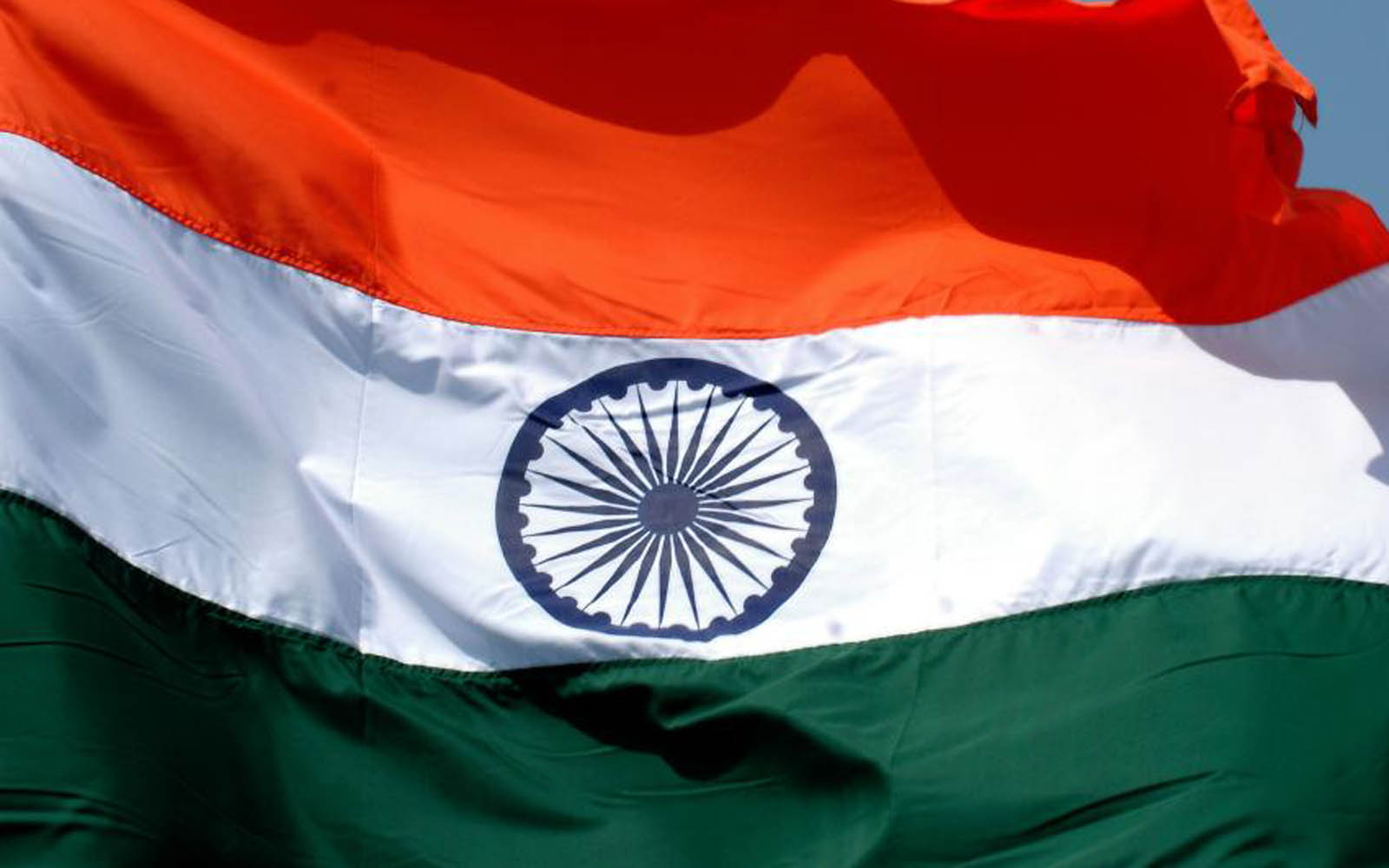
INDIA WATCH, JULY 2018, ISSUE NO. 102 POLITICAL IRAN US tells India, China to end o.....
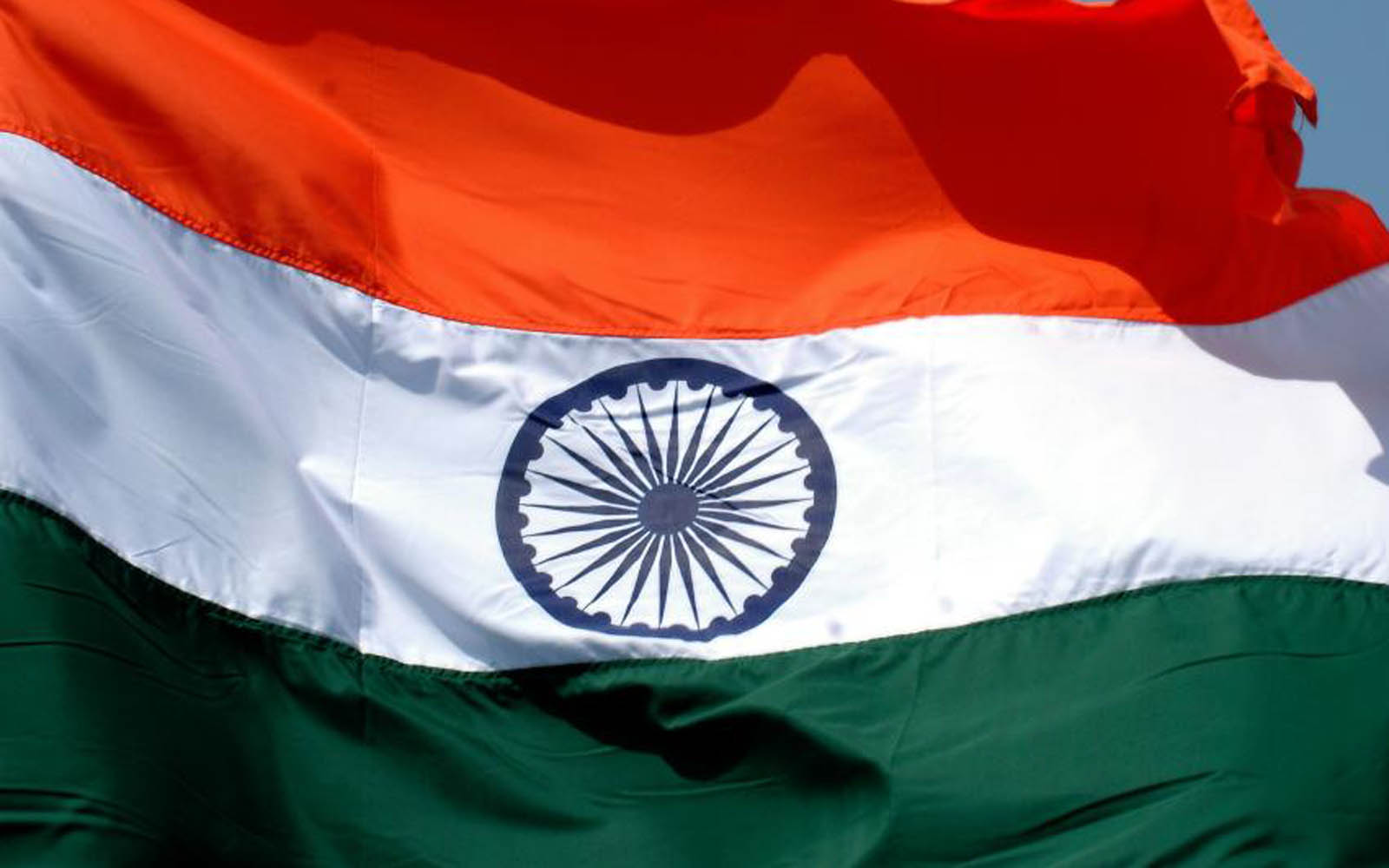
INDIA WATCH, JUNE 2018, ISSUE NO. 101 POLITICAL EGYPT India-Egypt economic ties improving: out.....
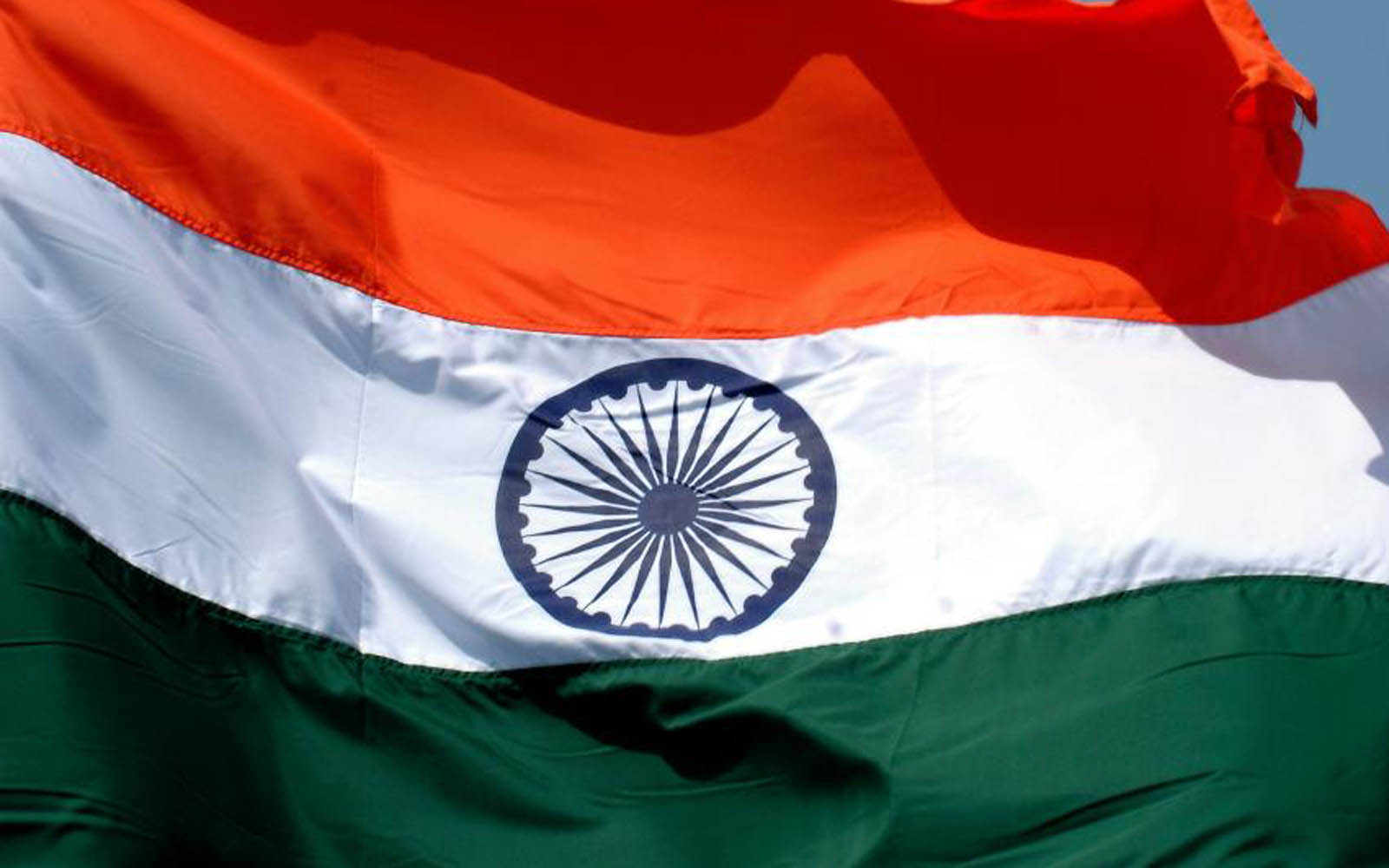
INDIA WATCH, MAY 2018, ISSUE NO.100 POLITICAL IRAN Iran urges for restraint in Jammu and Ka.....

BILATERAL ISSUES IRAN 1. 6th Meeting of Joint Committee on Ports and Maritime Cooperation between t.....
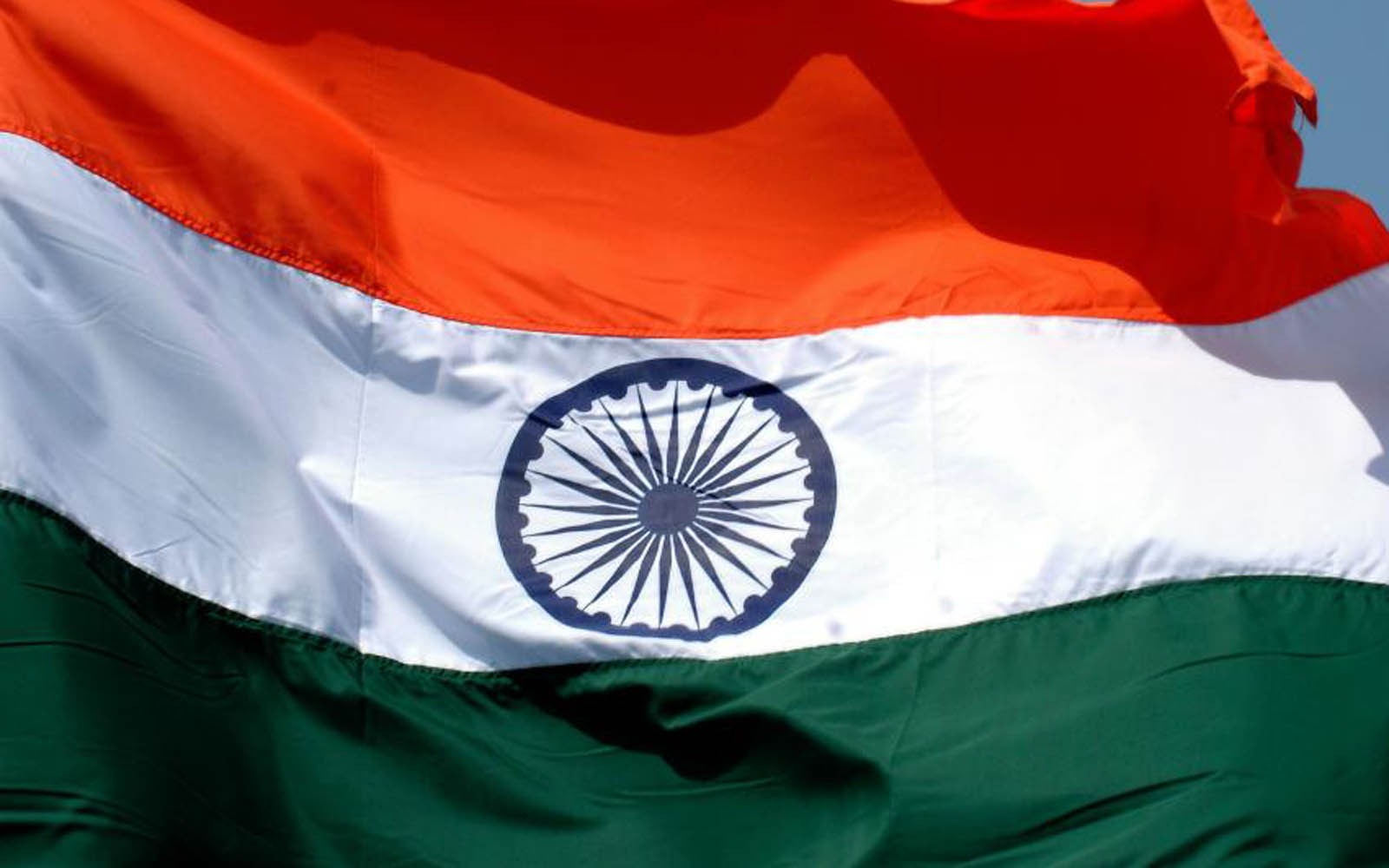
POLITICAL EGYPT Egypt signs agreement to join International Solar Alliance Cairo, Sunday, 11 March 20.....
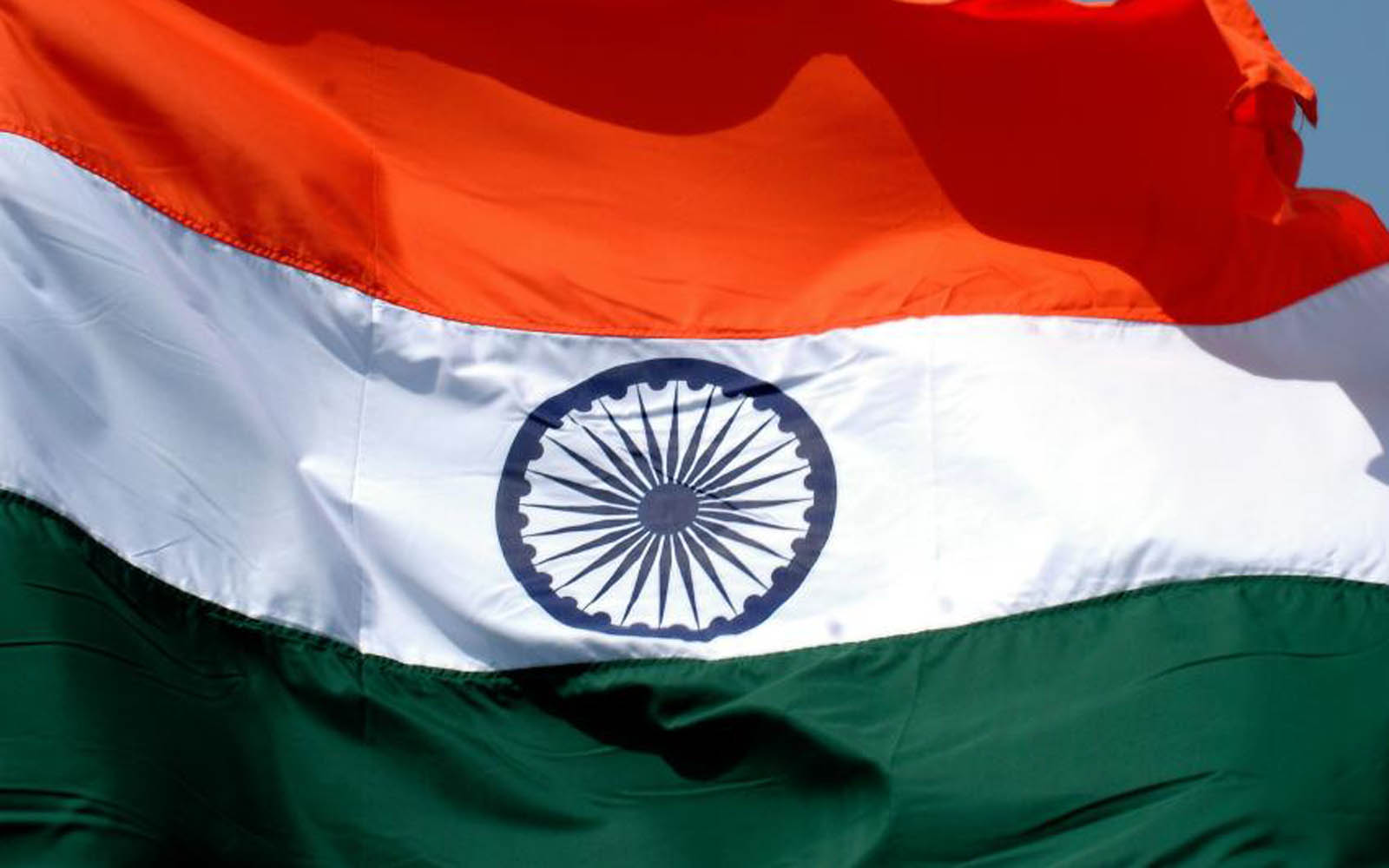
POLITICAL IRAN Iran president meets with religious scholars in Hyderabad Hyderabad, Friday, 16 Februa.....
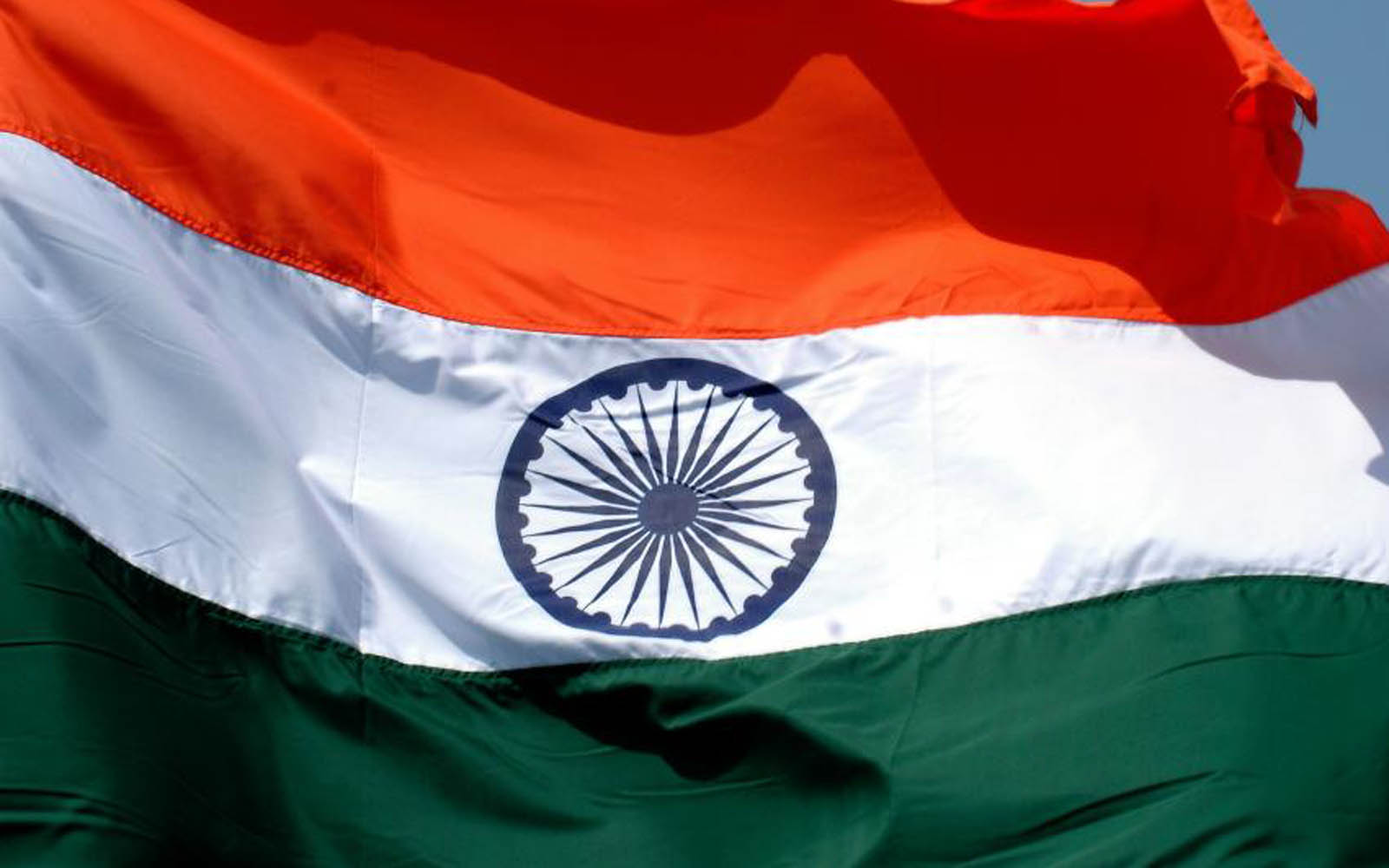
POLITICAL BAHRAIN Rahul Gandhi in Bahrain New Delhi, Tuesday, 9 January 2018 Addressing NRIs in Ba.....
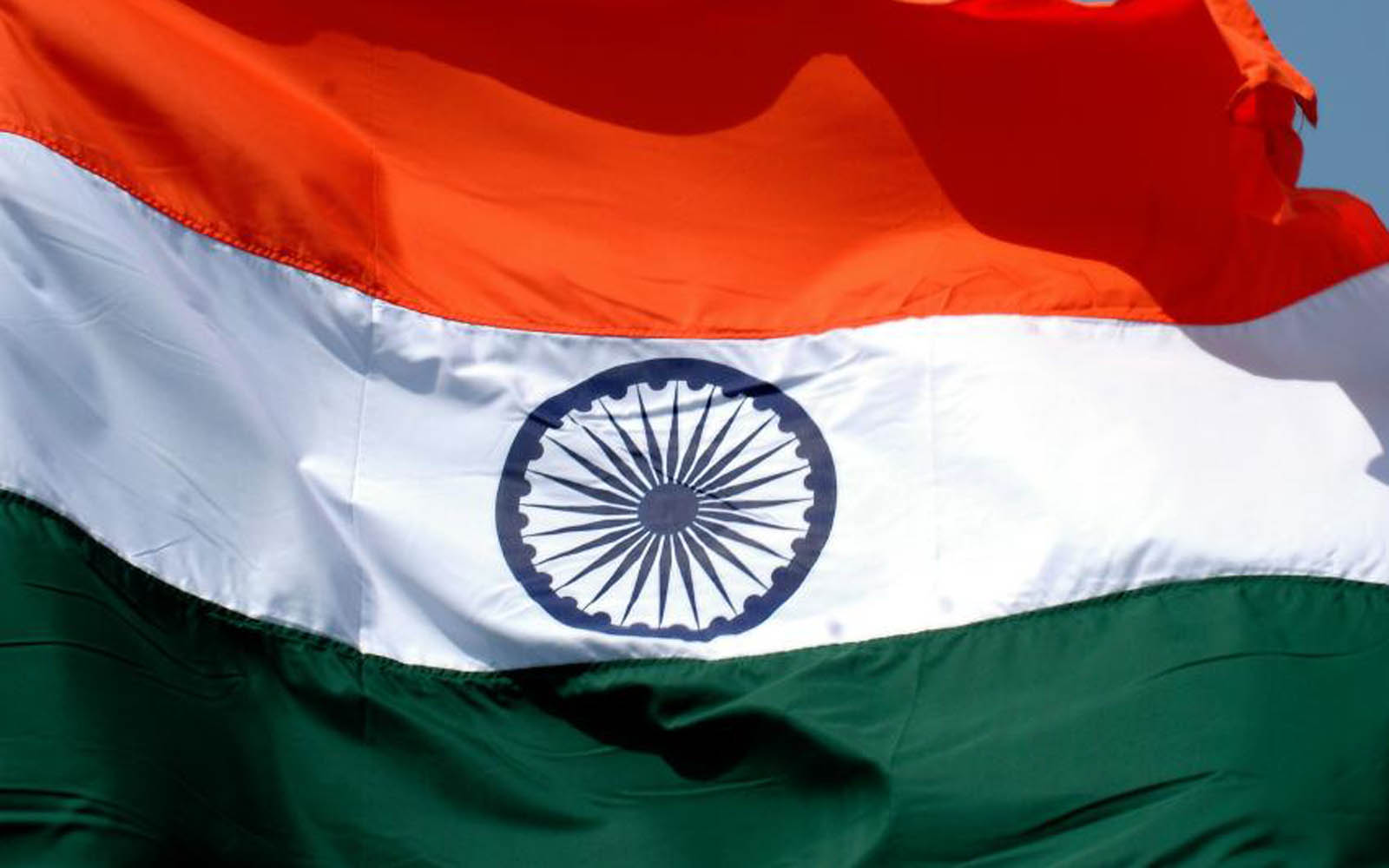
1 January 2018 POLITICAL EGYPT India to set up IT centre in Egypt's Al Azhar University.....
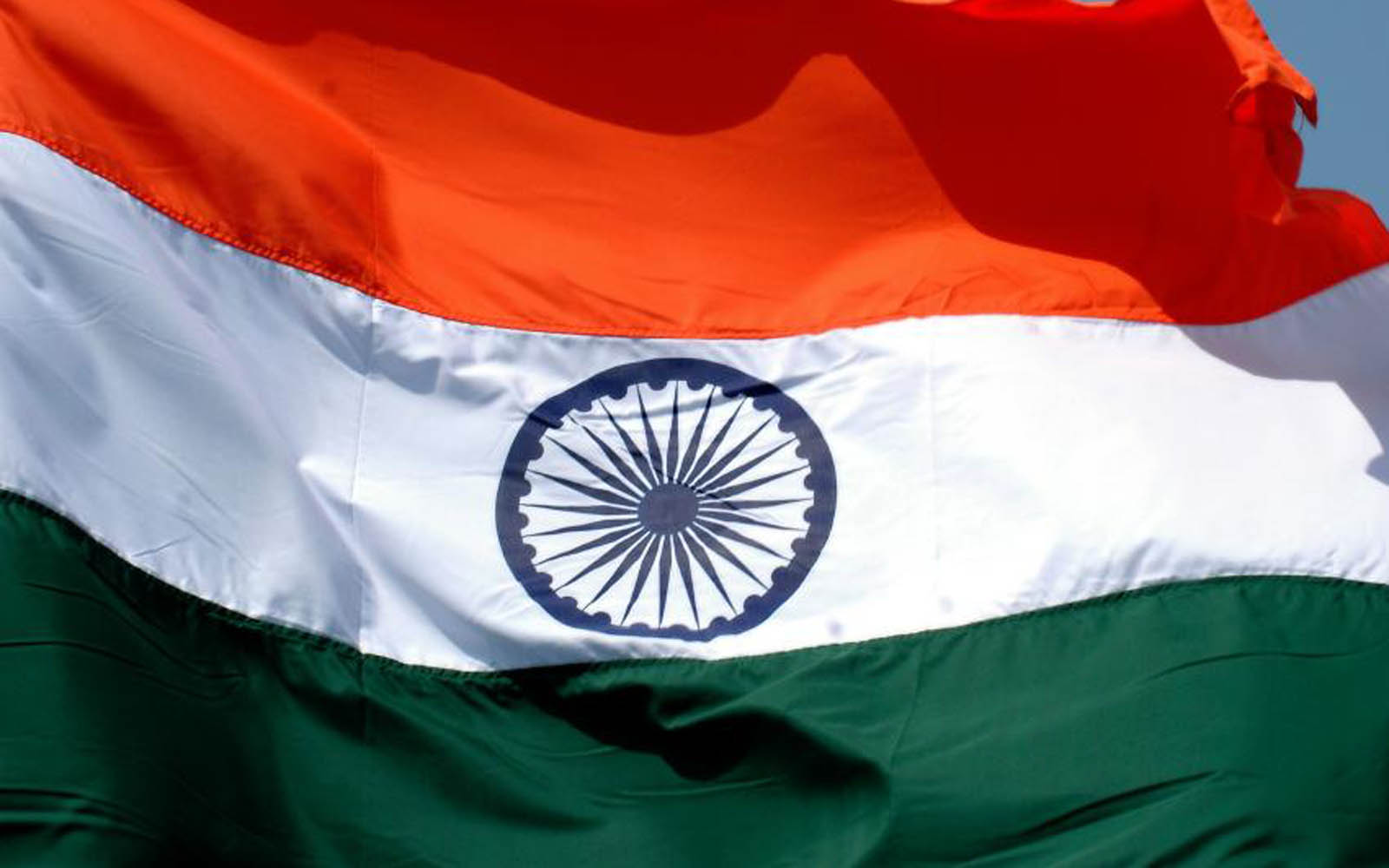
POLITICAL ISRAEL Ministry of Defence scraps $500 million Israeli missile deal, wants DRDO to make in&nbs.....
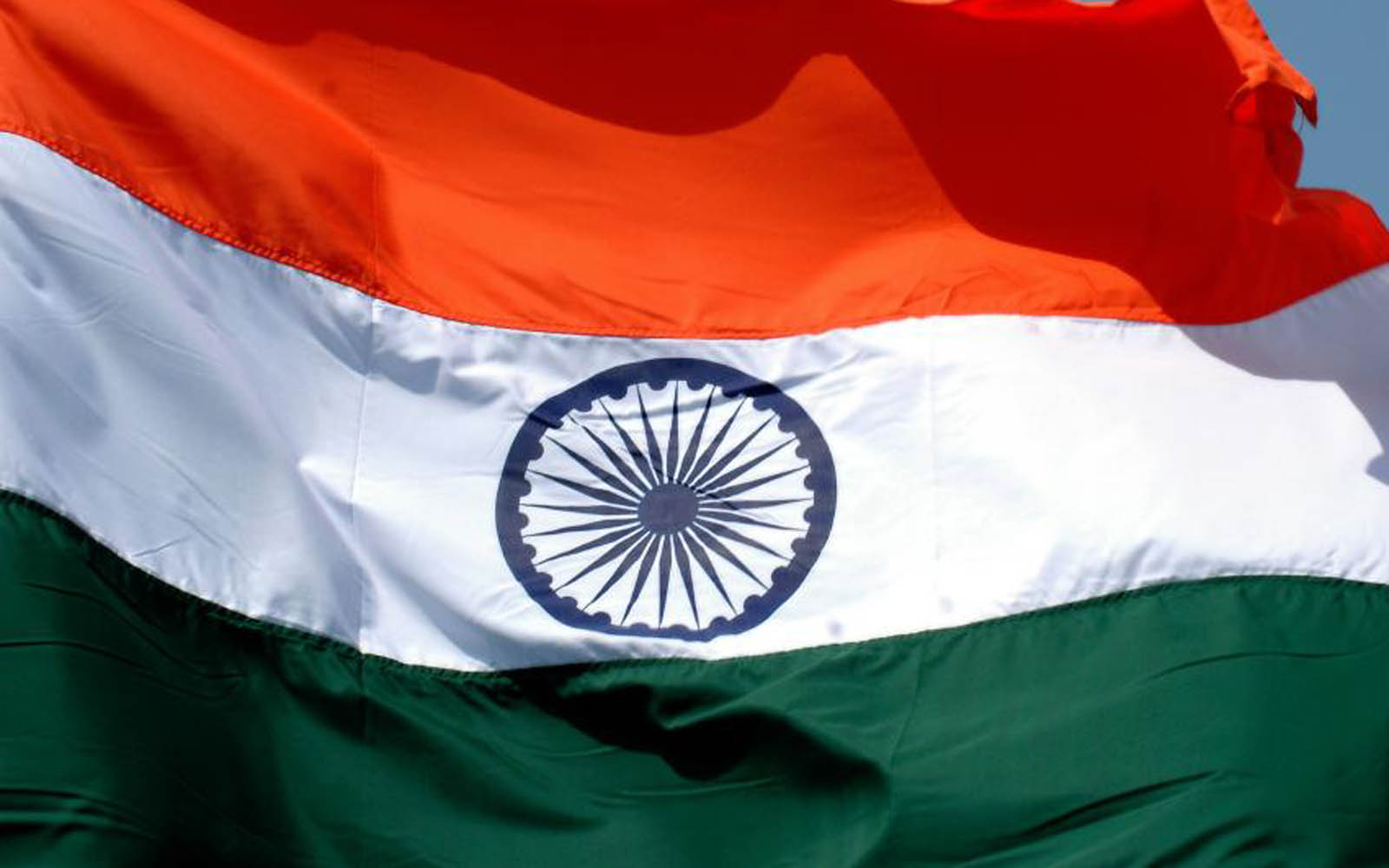
POLITICAL IRAN India defends diplomatic ties with Iran in talks with Rex Tillerson New Delh.....
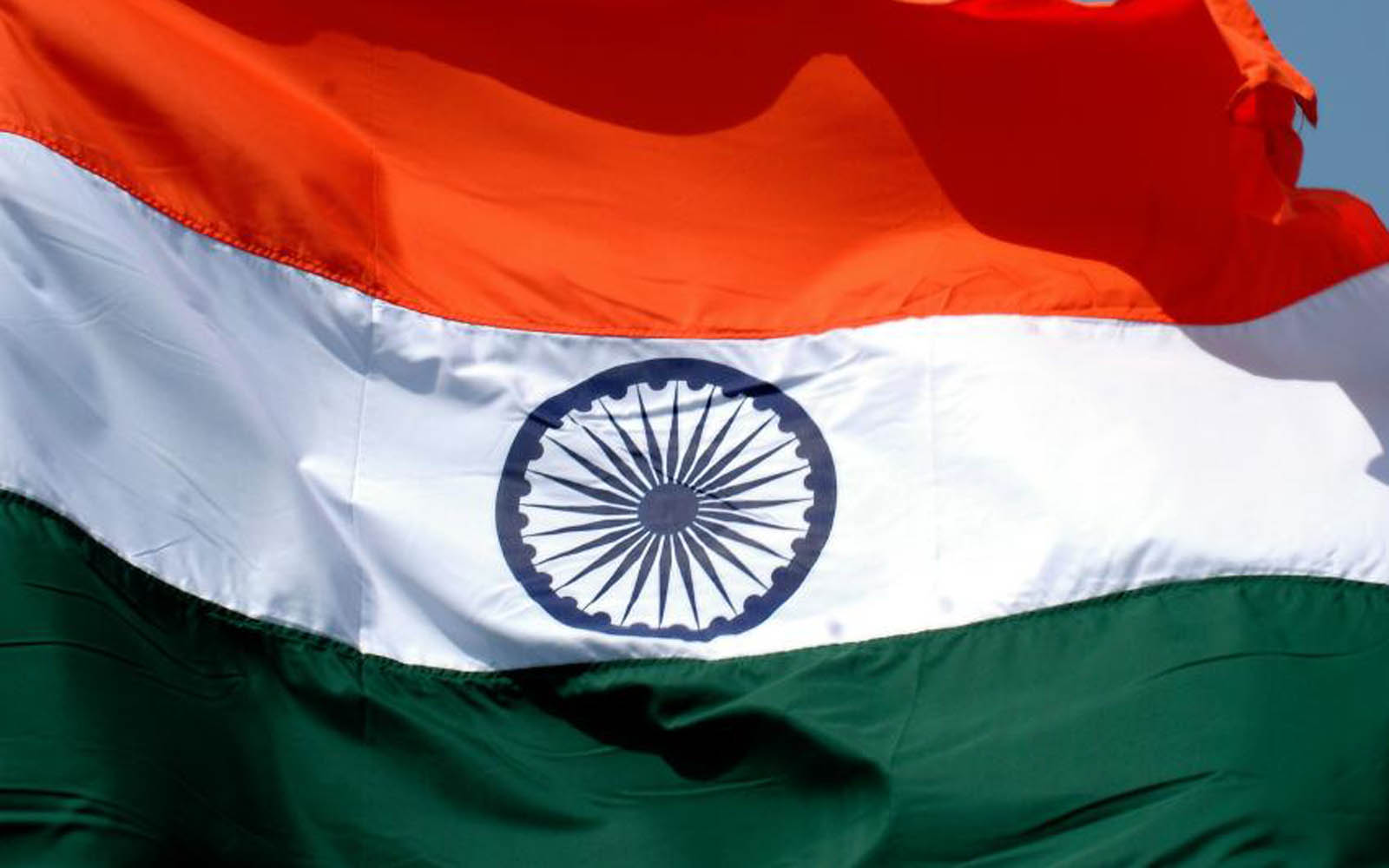
POLITICAL ISRAEL India to bid for Israel oil-and-gas exploration blocks New Delhi, Tuesday, 5 Septemb.....
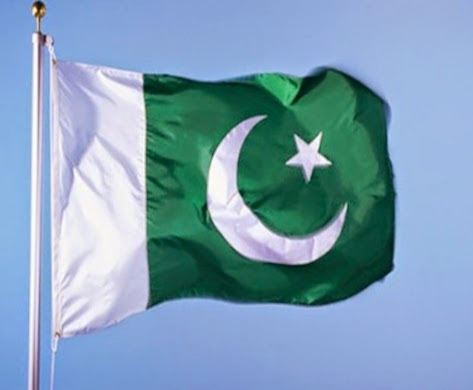
Pakistan Watch, August Issue 2018, No. 93, Divya Malhotra POLITICAL ISSUES TUNISIA Pakista.....
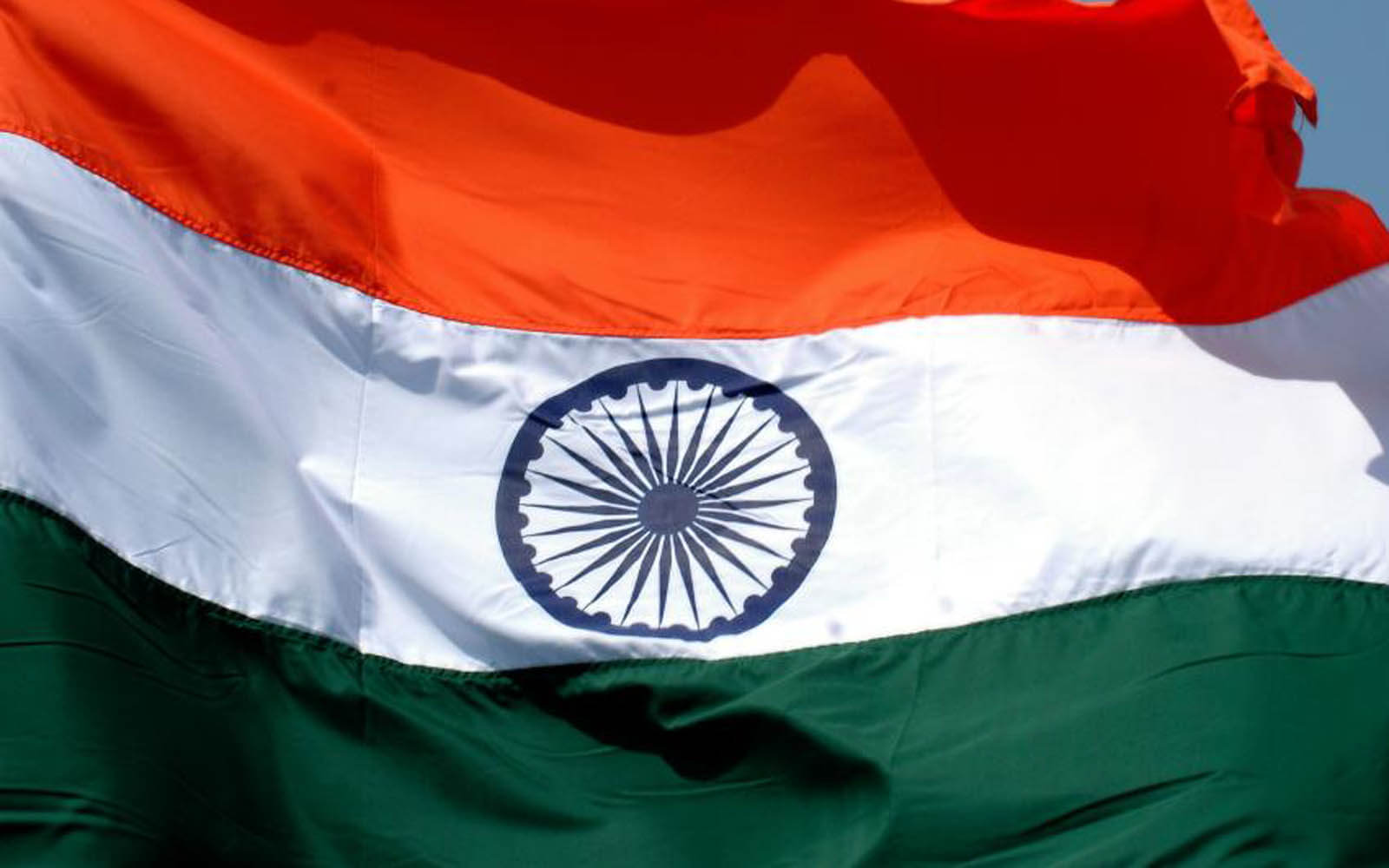
POLITICAL ISSUES EGYPT 1. India, Egypt to support each other’s candidates for UNESCO, ICJ .....
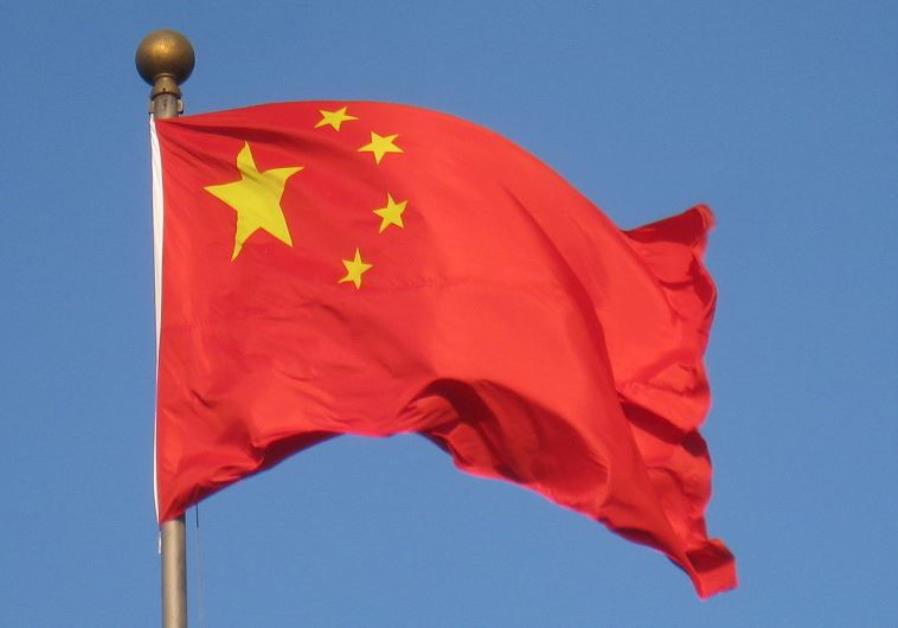
POLITICAL IRAN China urges Salvaging of Iran nuclear deal Beijing, Wednesday, 9 May 2018 China has.....
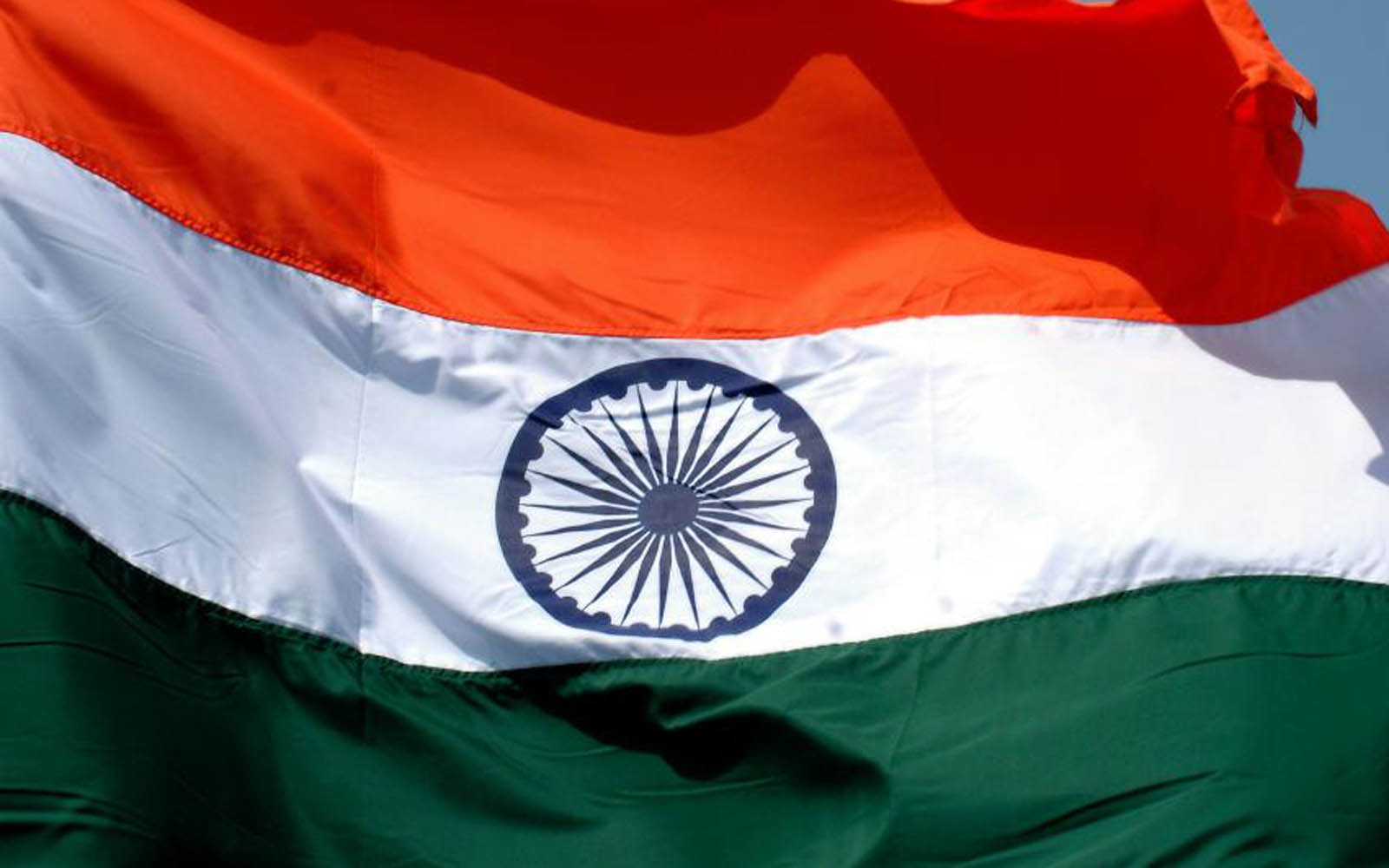
POLITICAL ISSUES IRAN 1. Cabinet approves Bilateral MoU between India and Iran New Delhi, Wednesday, .....
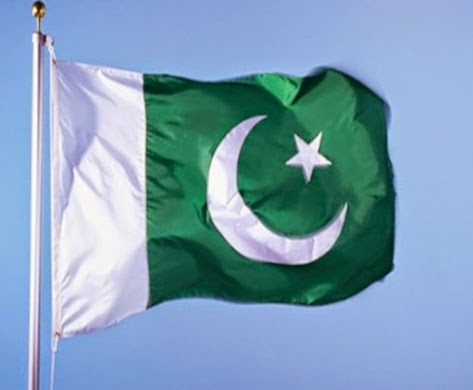
IRAN Defence Minister of Iran meets Pakistan’s Minister for Defence Engineer Islamabad, Saturday,.....
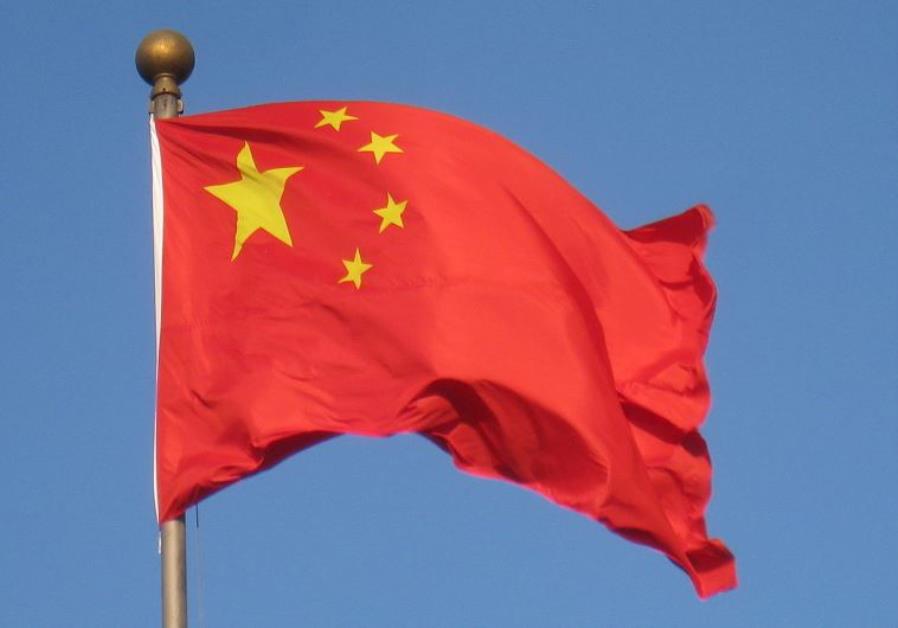
ECONOMIC KUWAIT Kuwait calls for increase in investment from China Kuwait City, Tuesday, 20 March 201.....
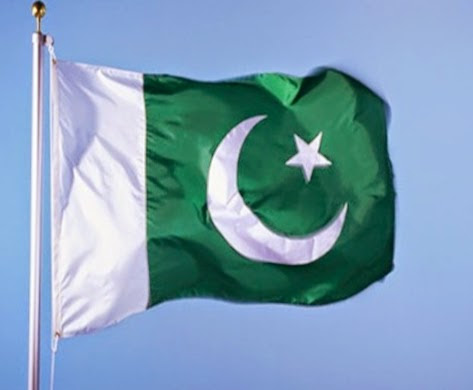
POLITICAL ISSUES EGYPT The Grand Mufti of Egypt visited Pakistan Islamabad, Thursday, 22 March 2018.....
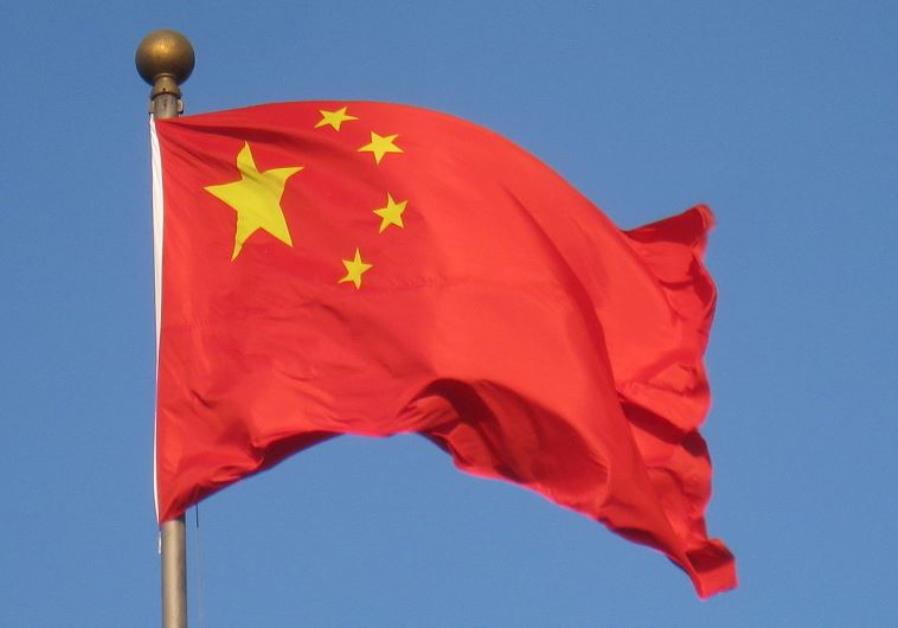
POLITICAL ISSUES IRAN China sets up traffic control area Beijing, Thursday, 1 February 2018 China .....
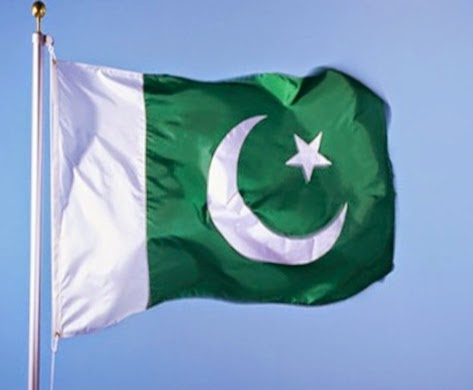
POLITICAL ISSUES EGYPT Six arrested Pakistanis released by Egypt’s court Islamabad, Wednesday,.....
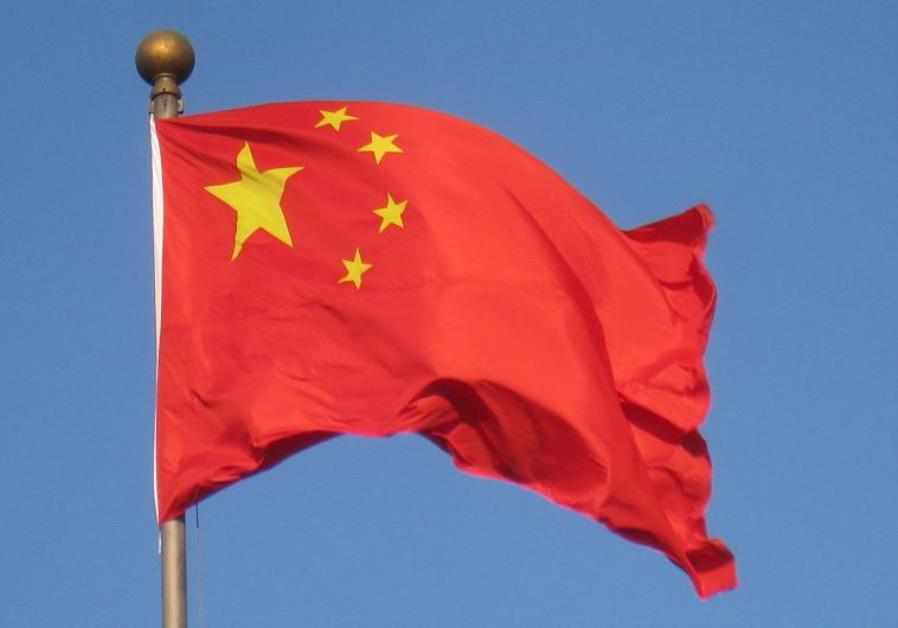
POLITICAL ISSUES IRAN China calls for cherishing Iran Nuclear Deal Beijing, Saturday, 13 January 2018.....
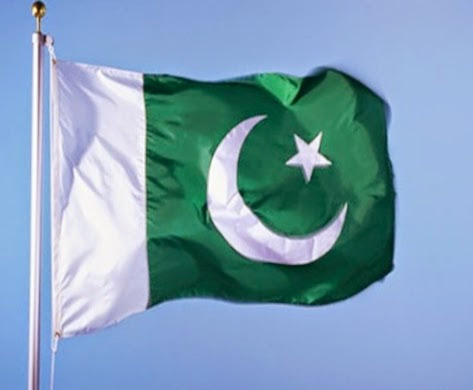
POLITICAL ISSUES LEBANON Pakistan, Lebanon discuss bilateral ties Islamabad, Tuesday, 2 January 2018.....
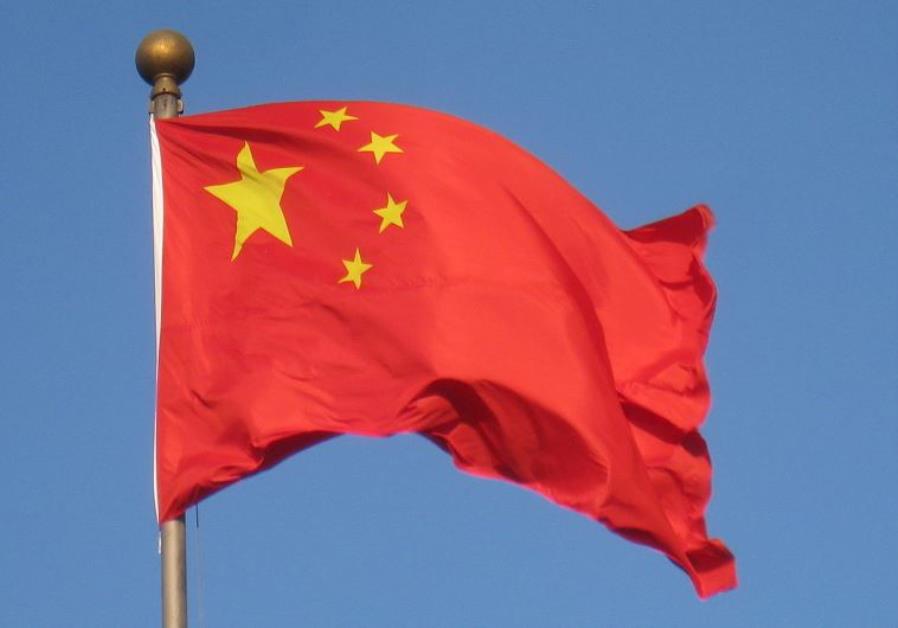
POLITICAL ISSUES IRAN Iran and China to boost their military relations Beijing, Tuesday, 12 December.....
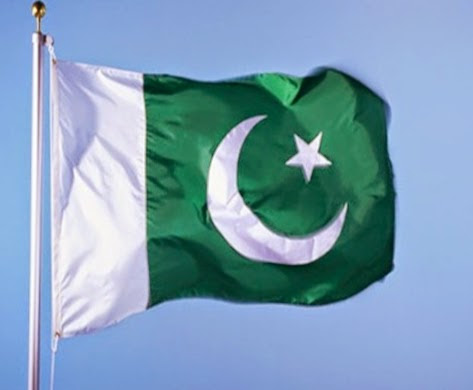
POLITICAL ISSUES QATAR Pakistan, Lebanon discuss bilateral ties Islamabad, Tuesday, 5 December 2017 .....
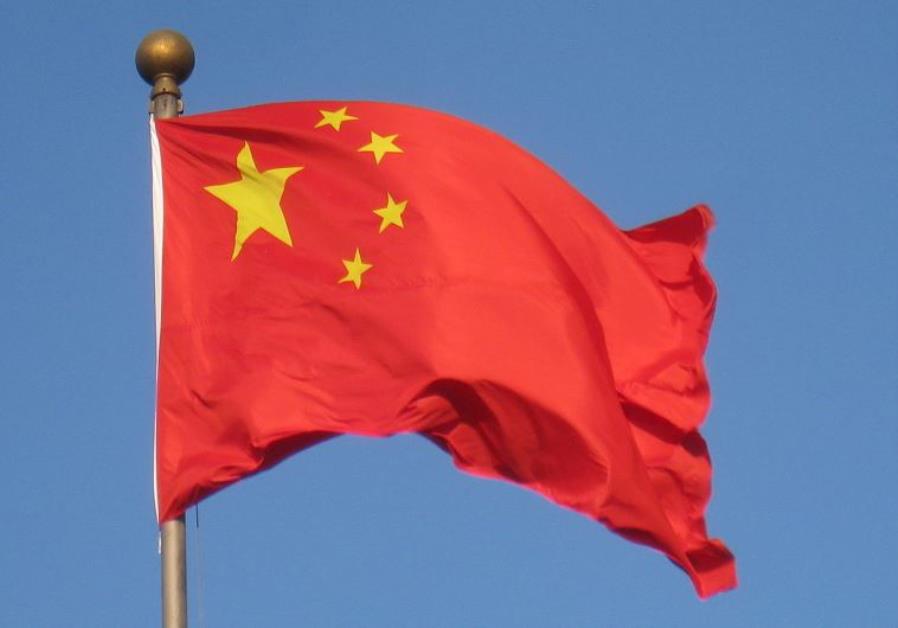
POLITICAL ISSUES EGYPT China-Egypt vows to promote comprehensive strategic partnership Sharm el Sheik.....
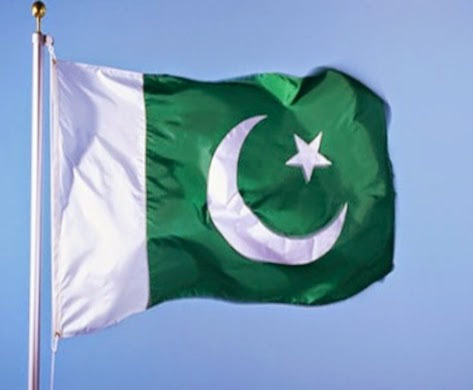
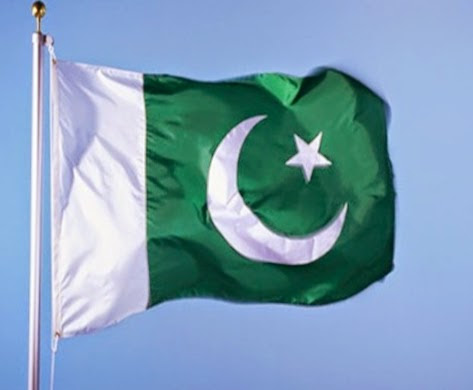
POLITICAL ISSUES BAHRAIN Bahrain health minister visits Pakistan Islamabad, Sunday, 8 .....
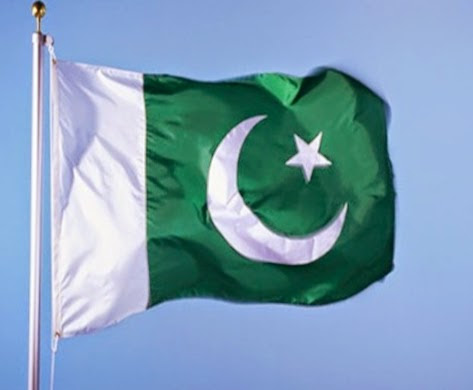
POLITICAL ISSUES ARAB LEAGUE 1.Pakistan’s role in regional peace appreciated by Arab league Is.....
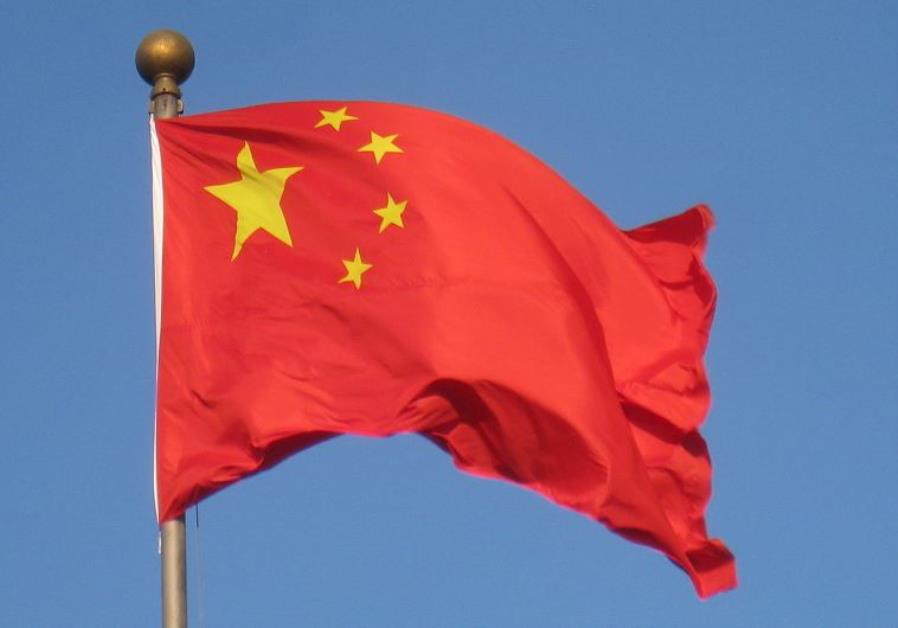
POLITICAL ISSUES JORDAN China’s Foreign Minister Wang Yi meets Jordanian Foreign Minister Ayman Sa.....
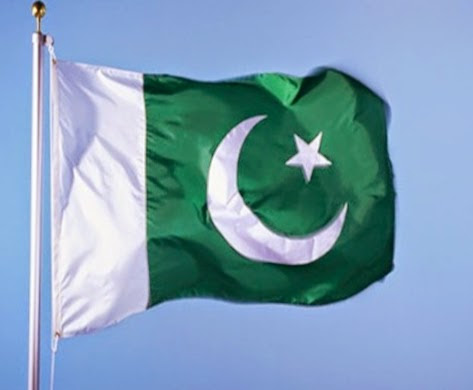
POLITICAL ISSUES IRAN 1.Senate Chairman meets Rouhani; discusses Kashmir issue Islamabad, Monday,.....
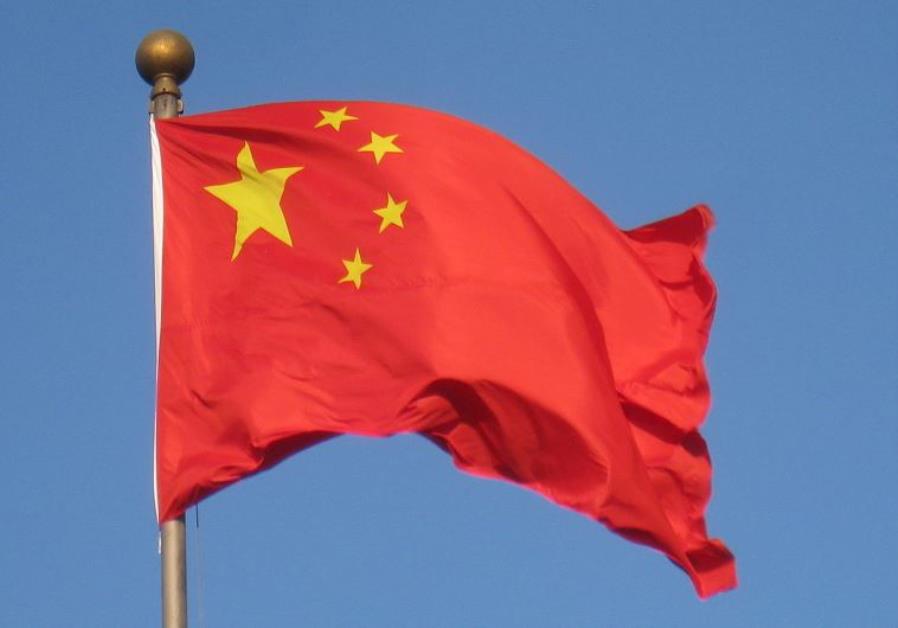
POLITICAL ISSUES EGYPT 1) Egyptian Ambassador talks about bi-lateral ties Beijing, Sunday, 27 August .....

President Trump's decision on Jerusalem Note: US President Donald Trump’s decision of 6 December.....

Note: The Joint Comprehensive Plan of Action, commonly known as the Iran Nuclear Deal was .....
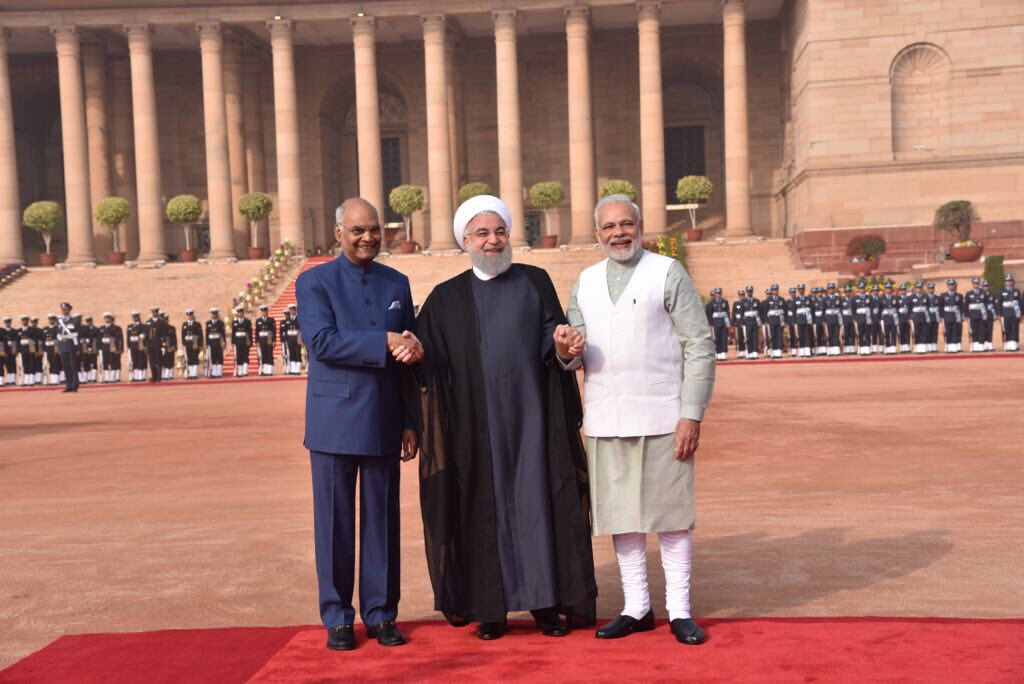
Note: During 15-17 February 2018, Hassan Rouhani, the President of the Islamic Republic of India, visited Indi.....
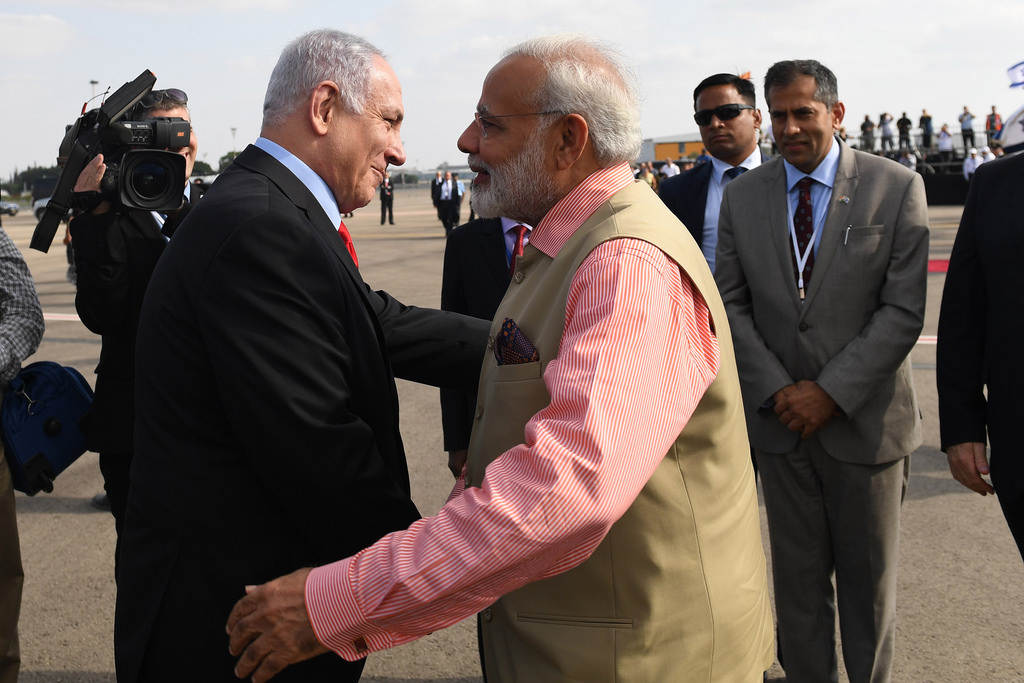
Note: Prime Minister Benjamin Netanyahu of Israel visited Israel during 14-16 January 2018. This was the secon.....
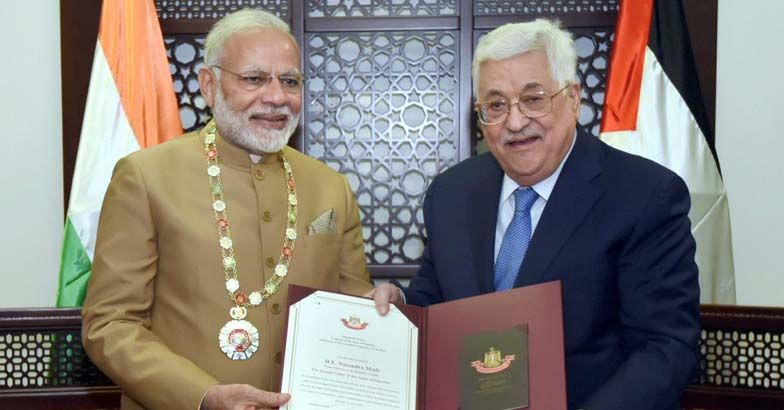
On February 10, 2018, Prime Minister Narendra Modi visited Palestine, nine months after Palestinian President .....
